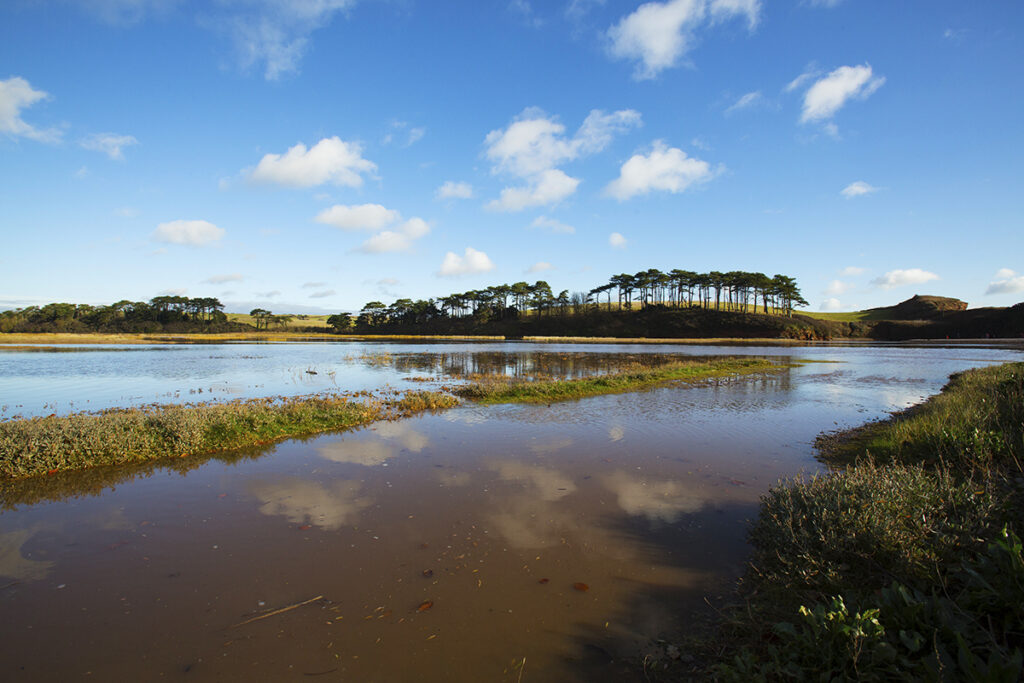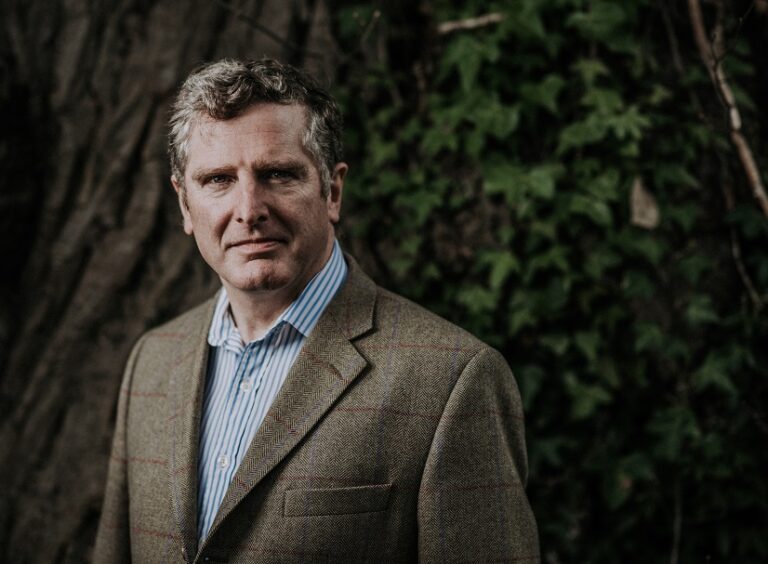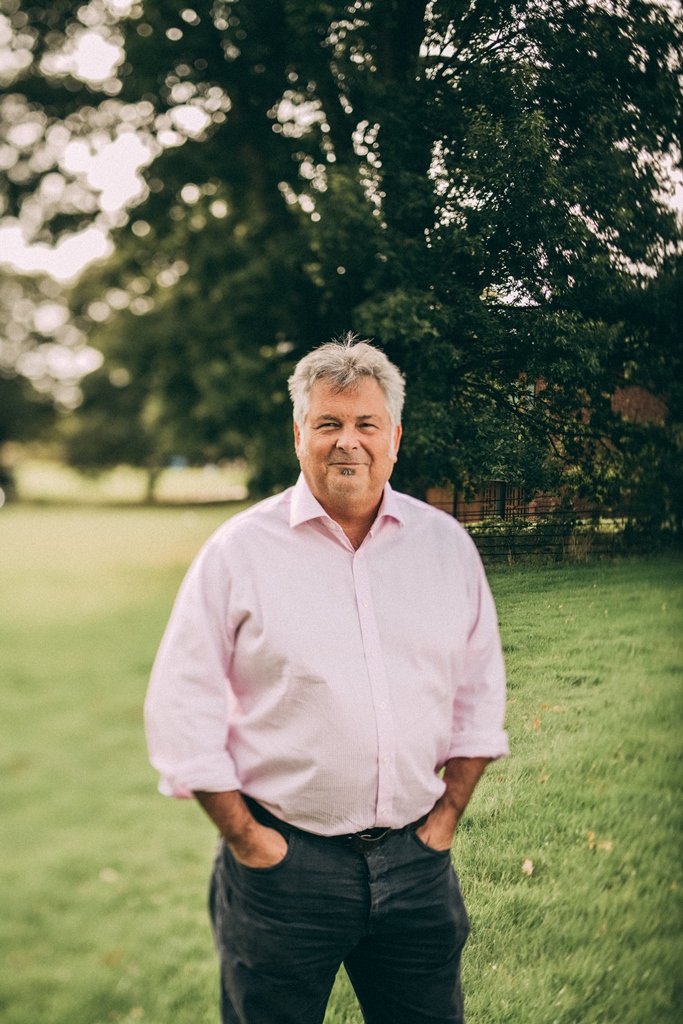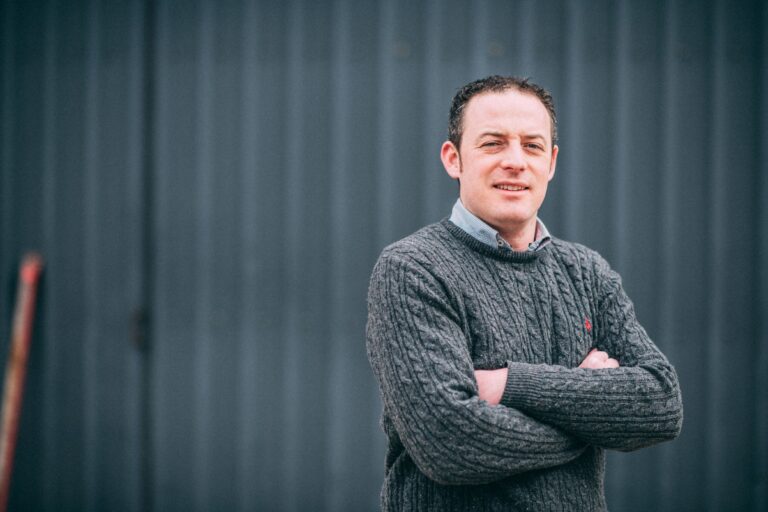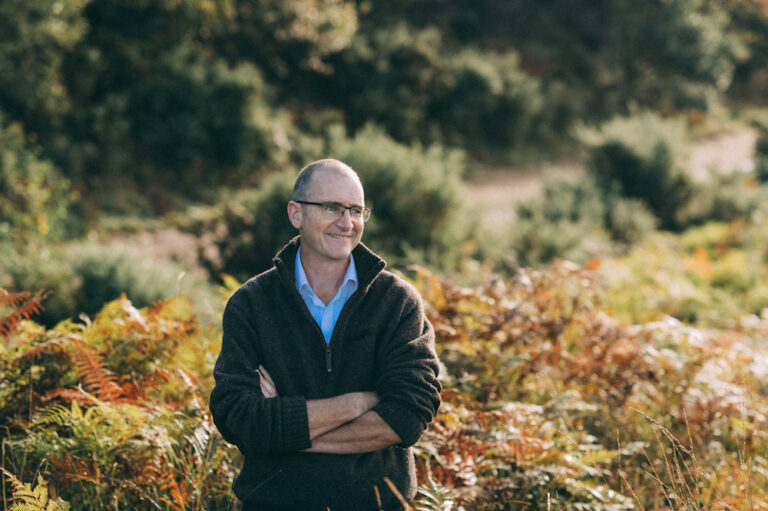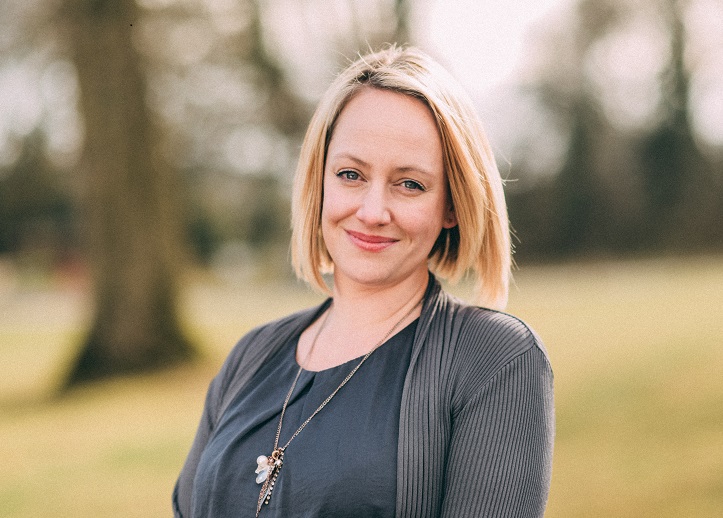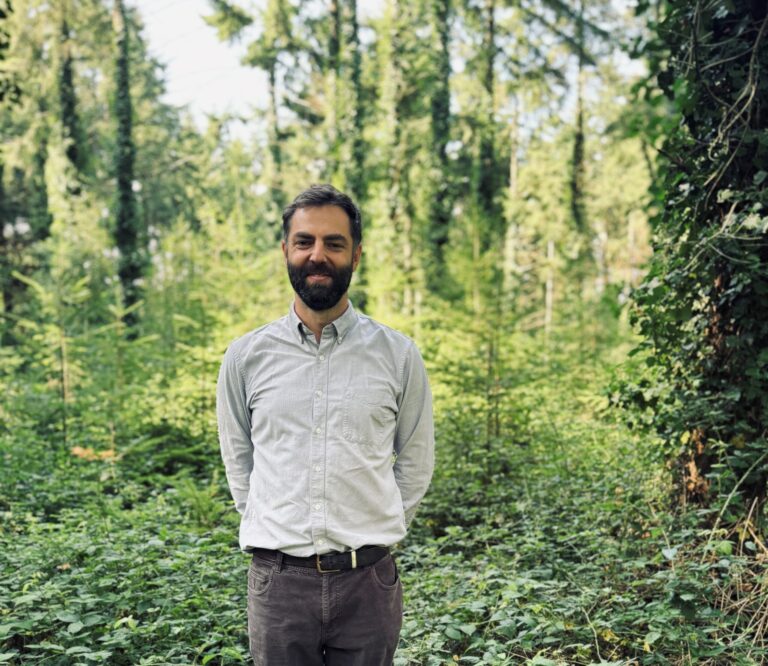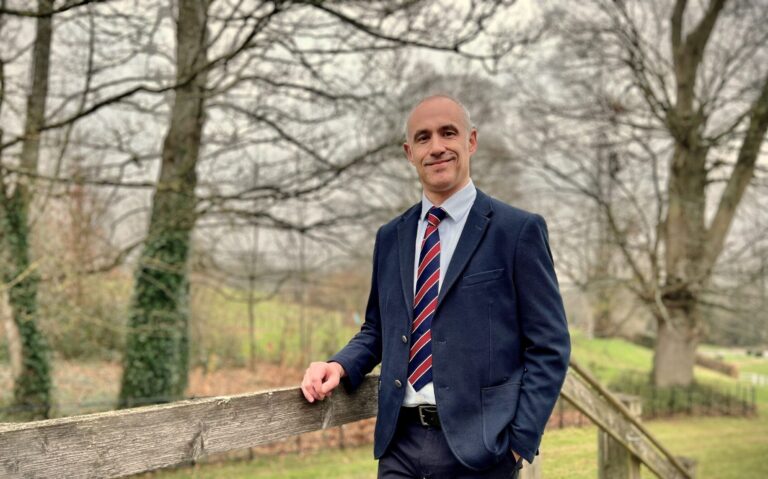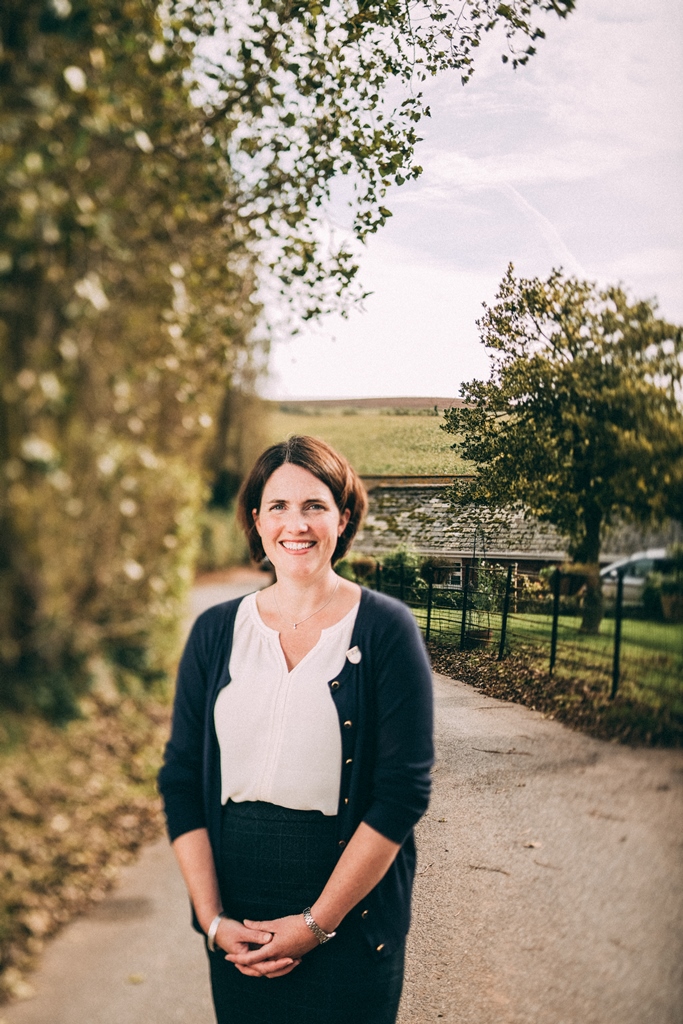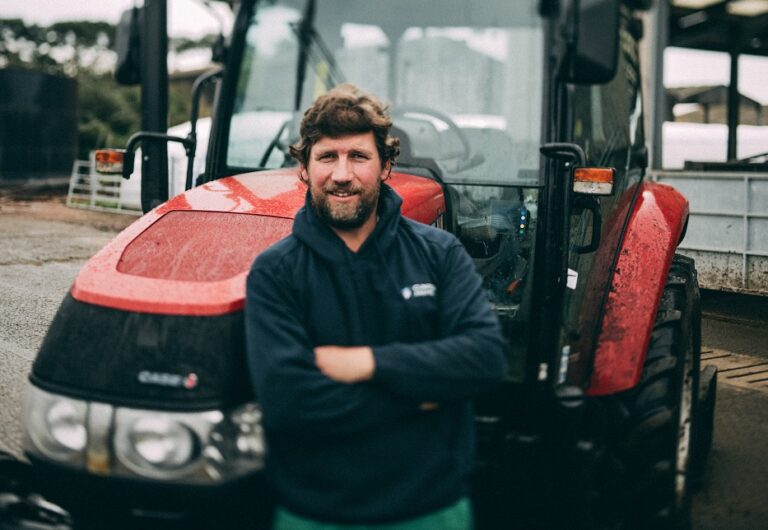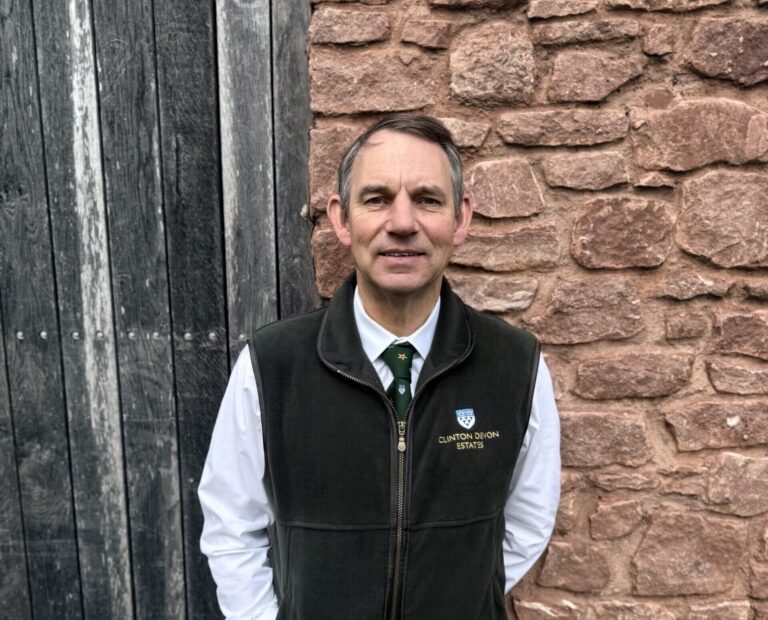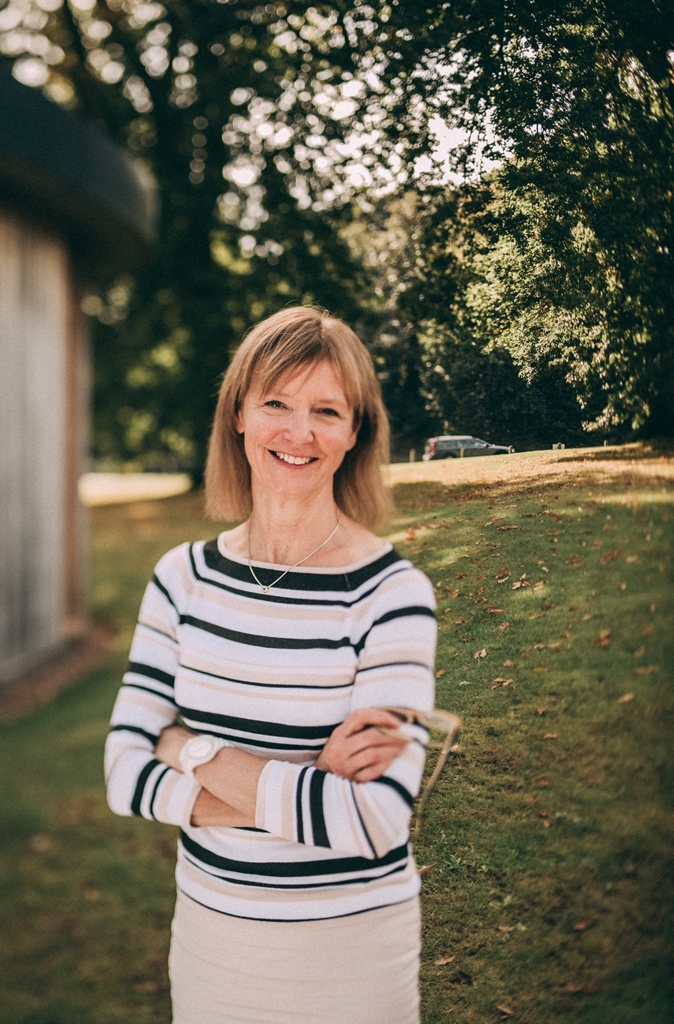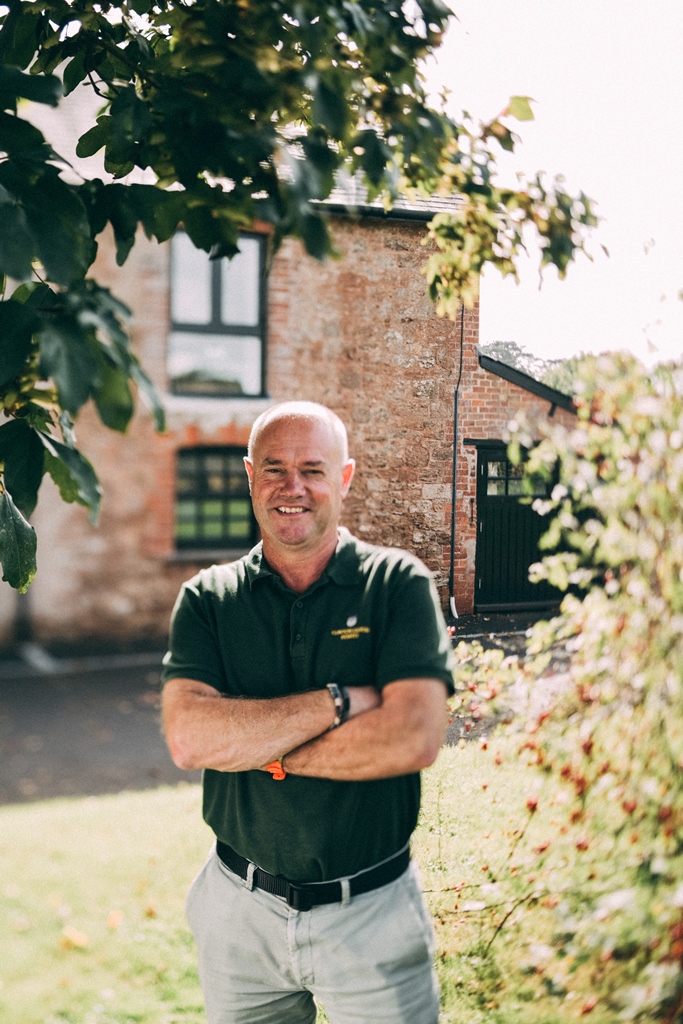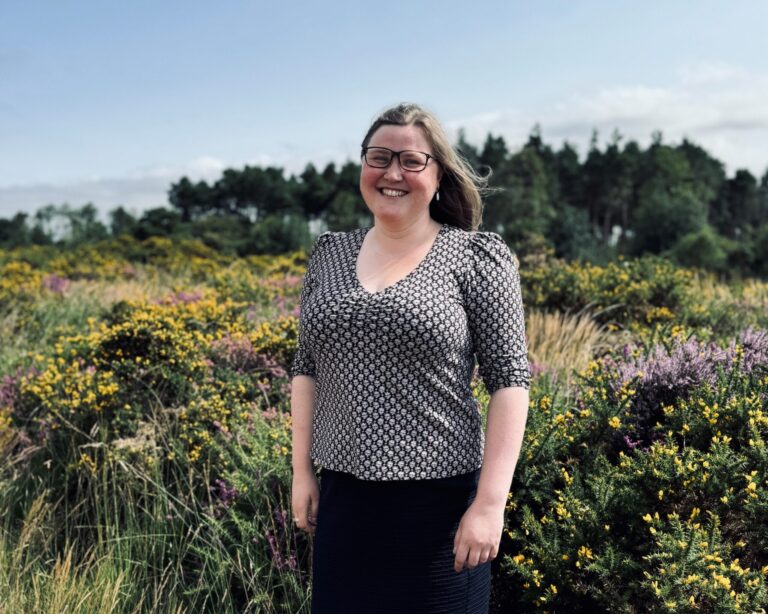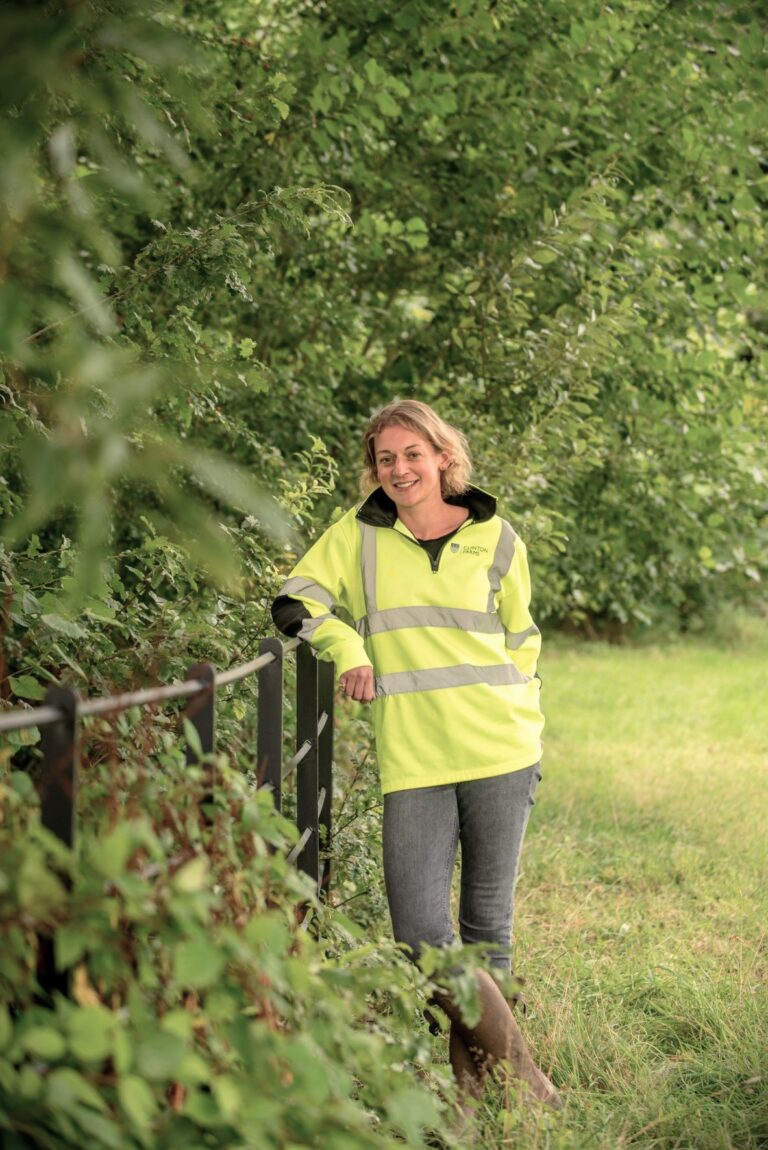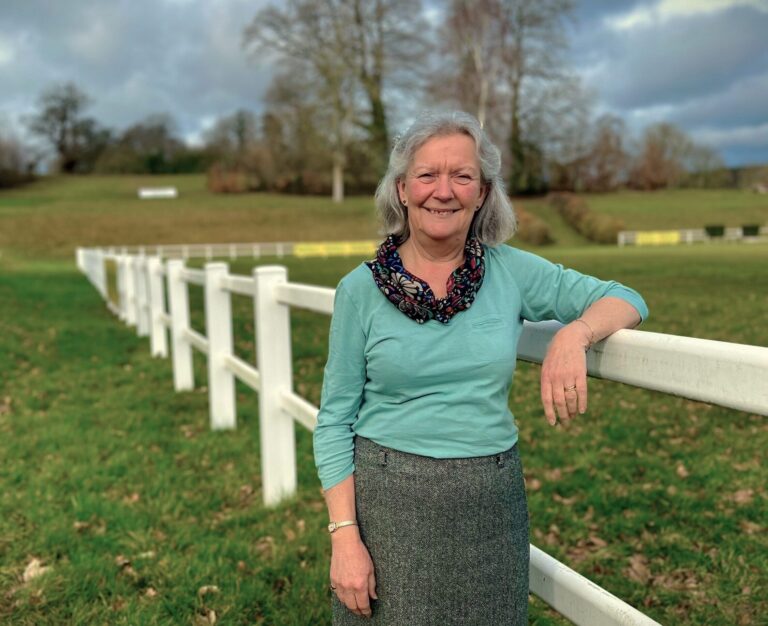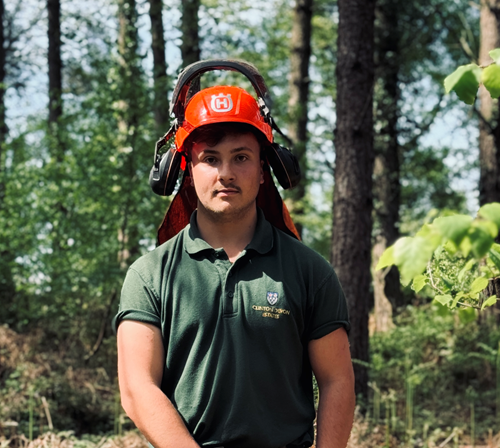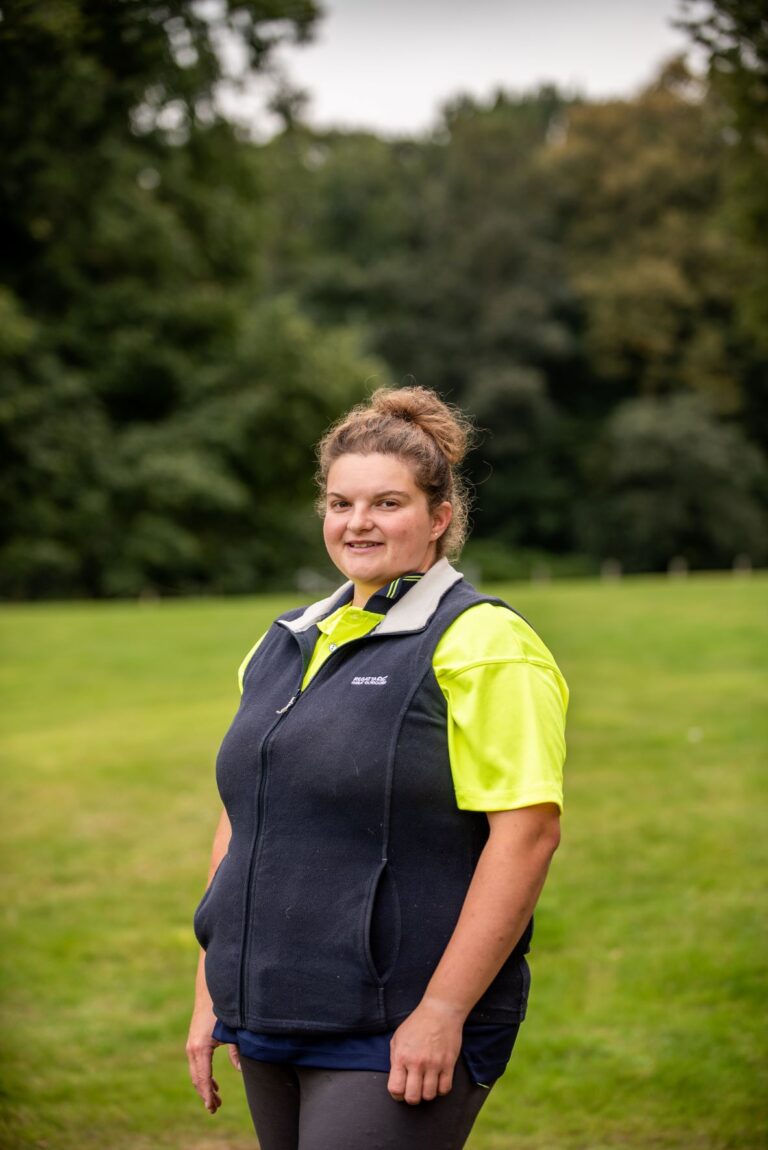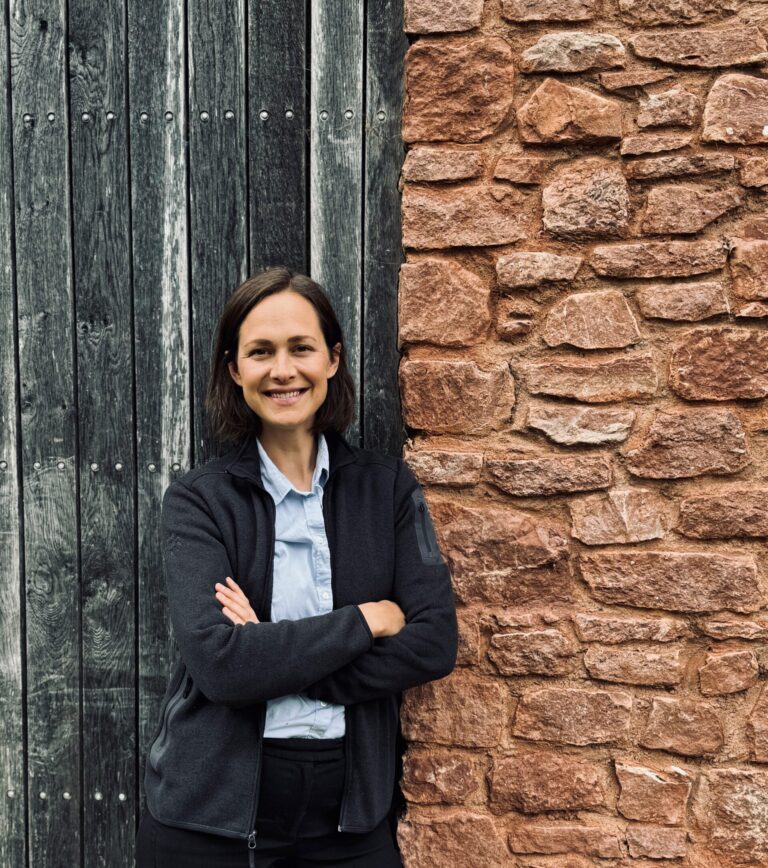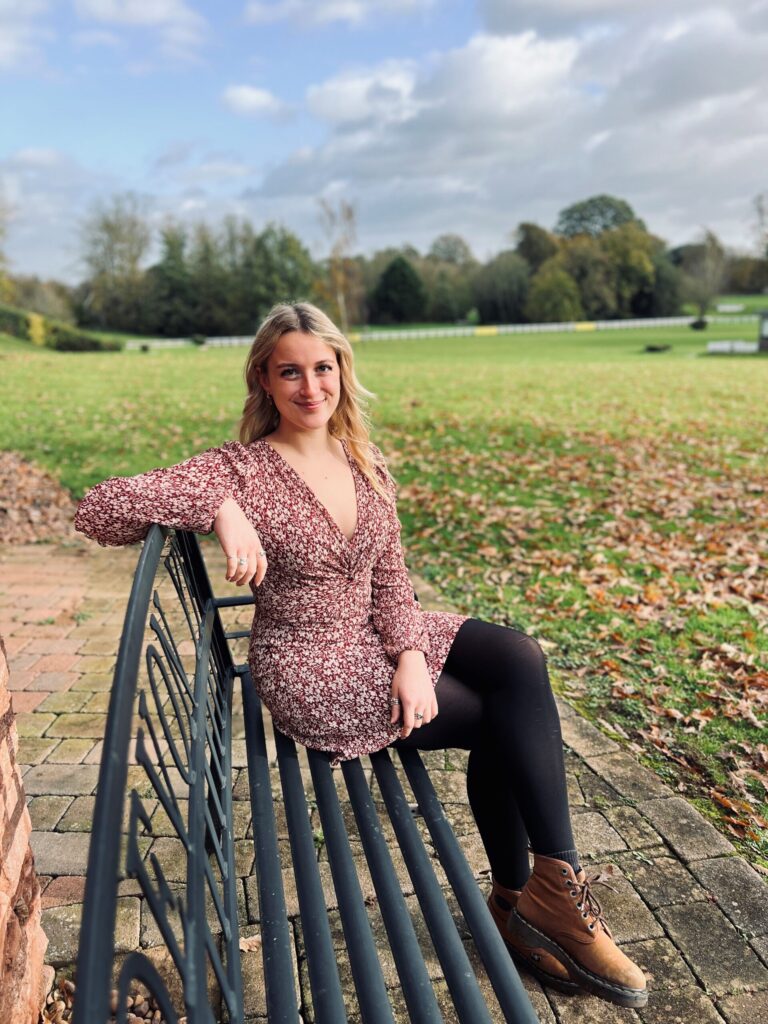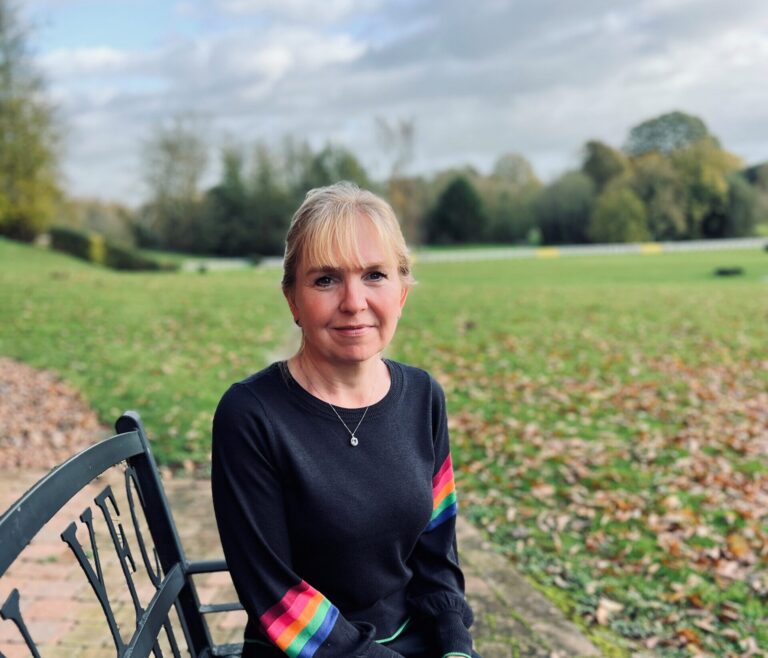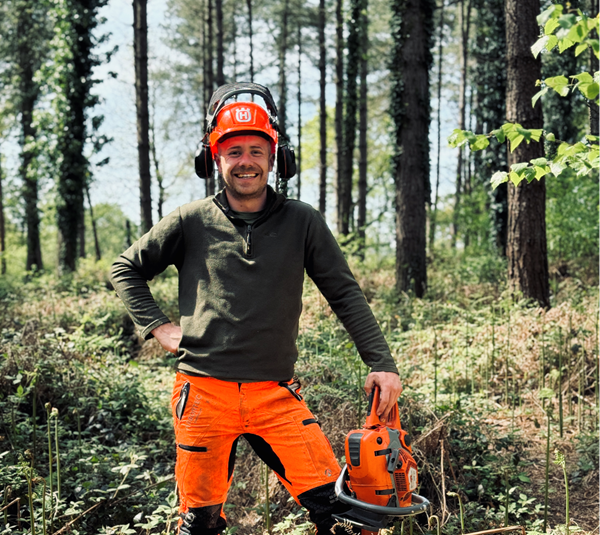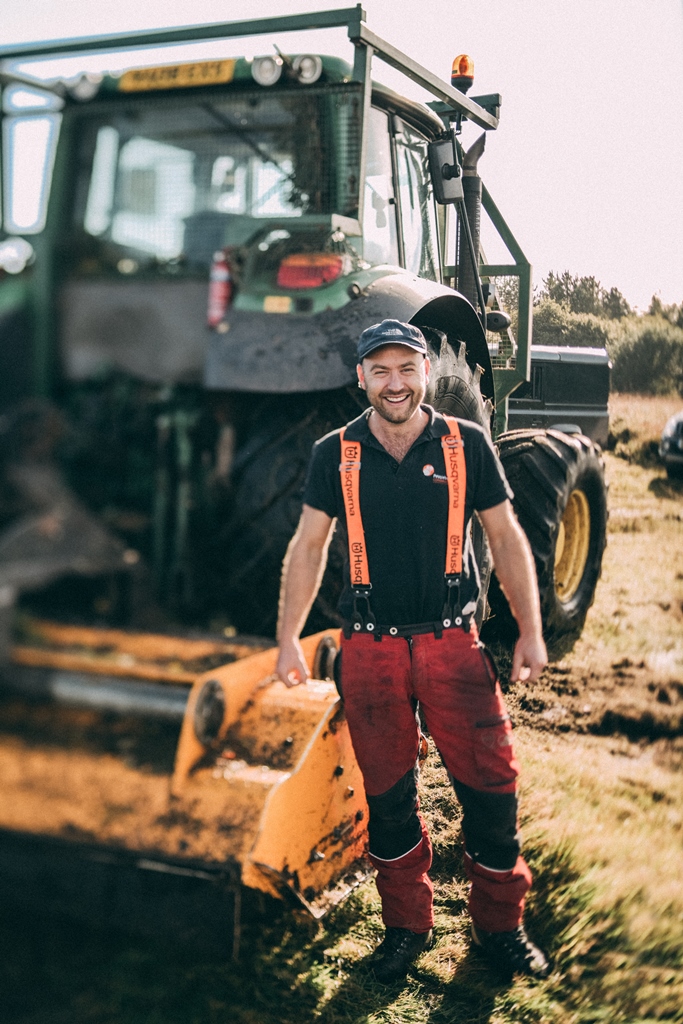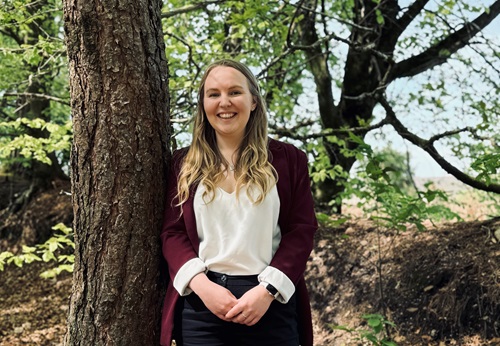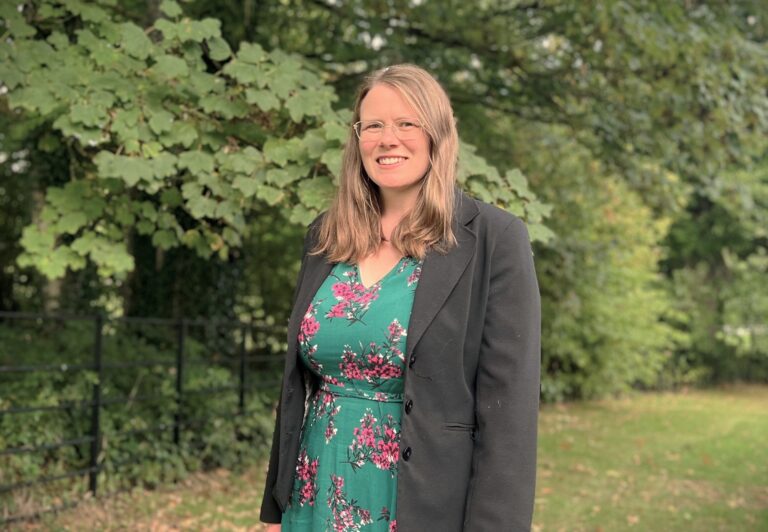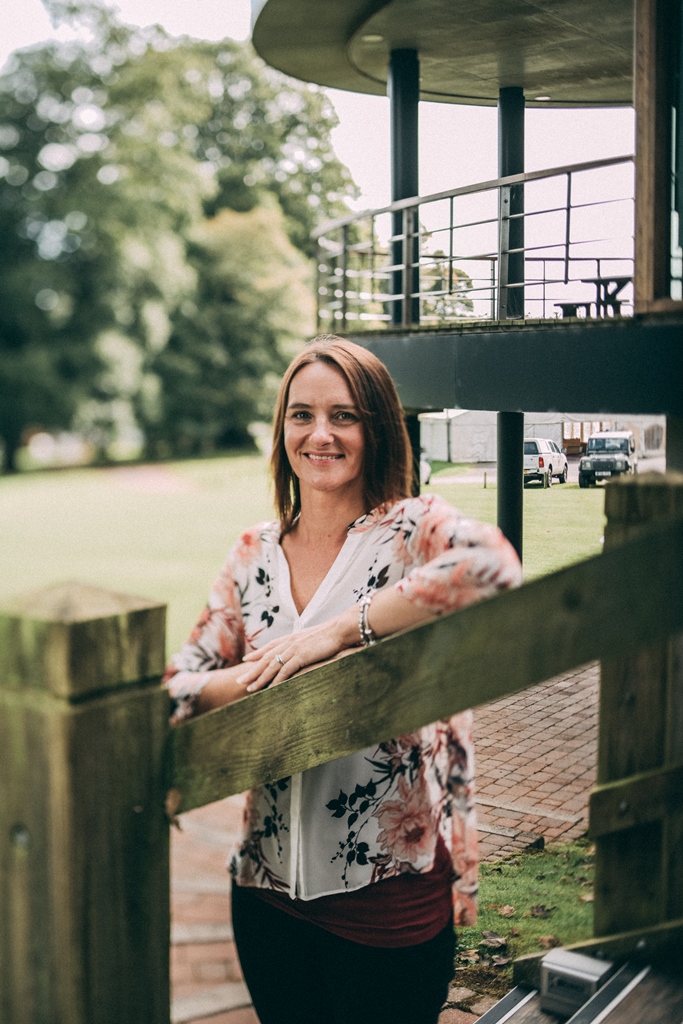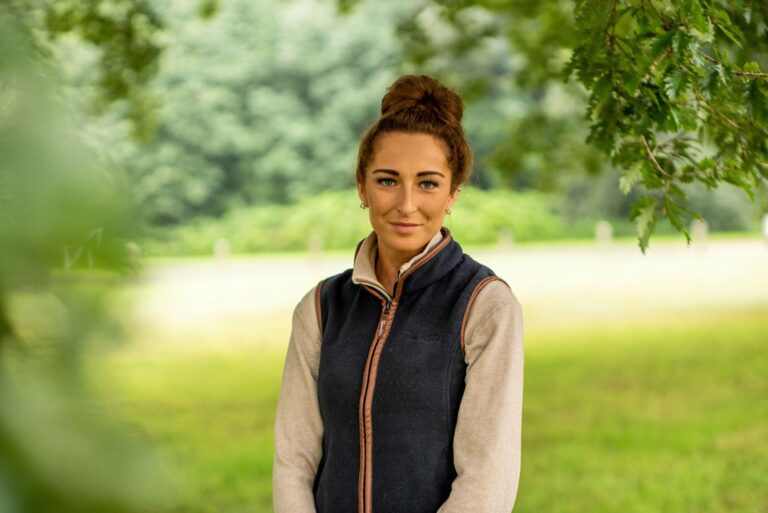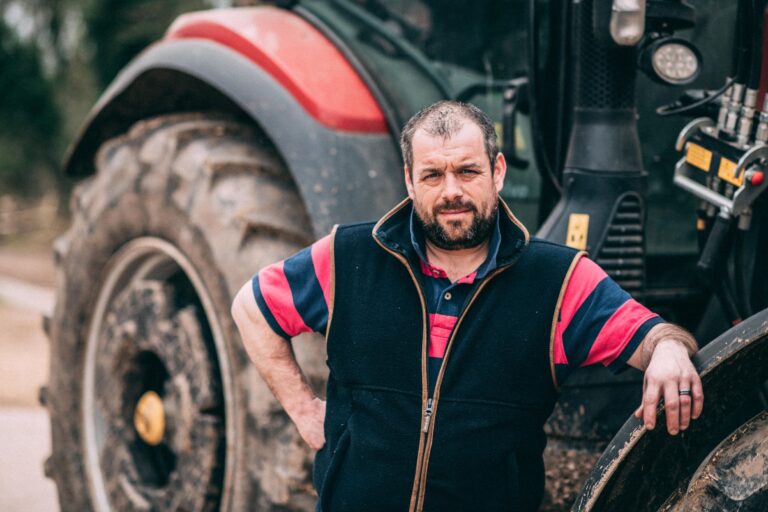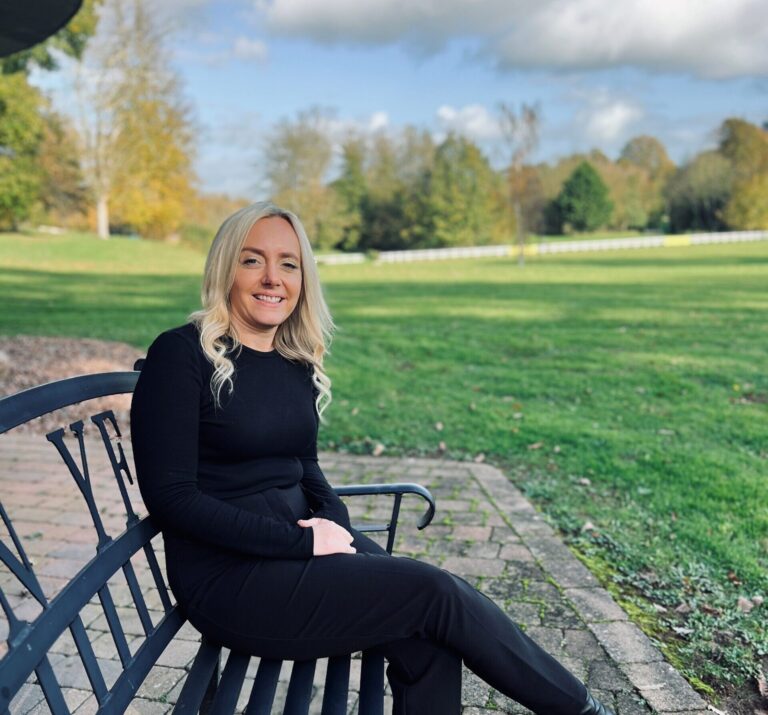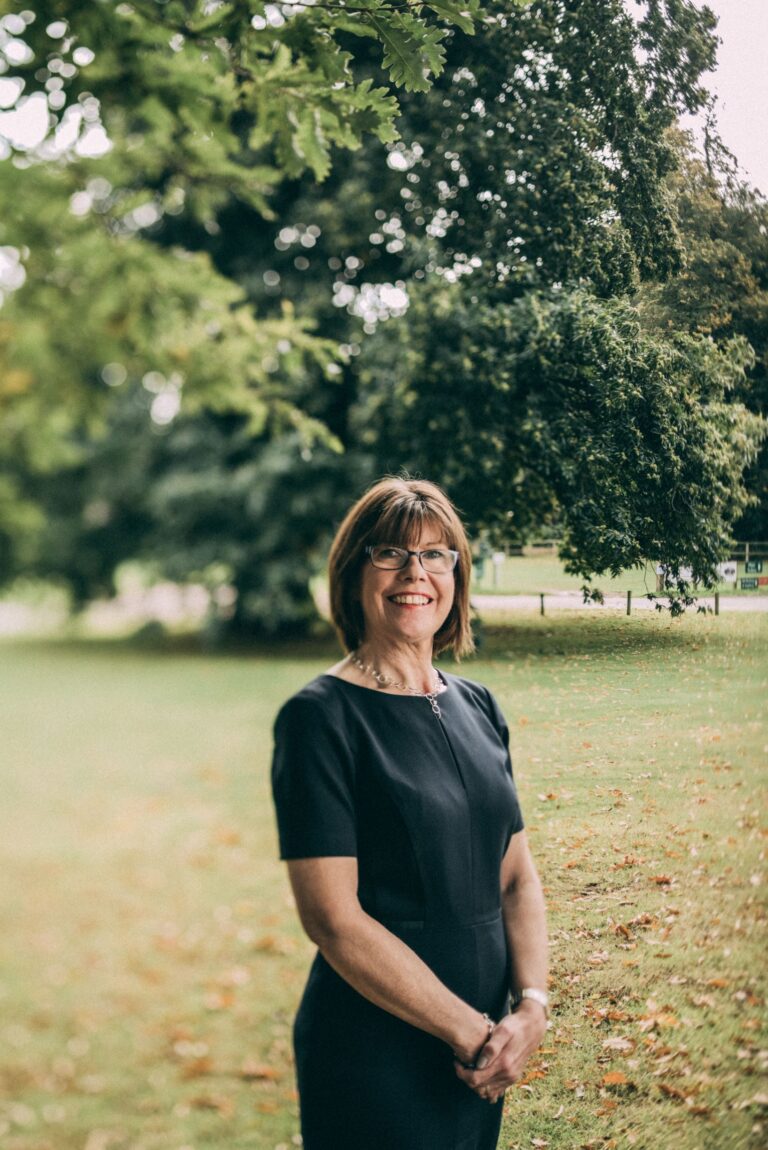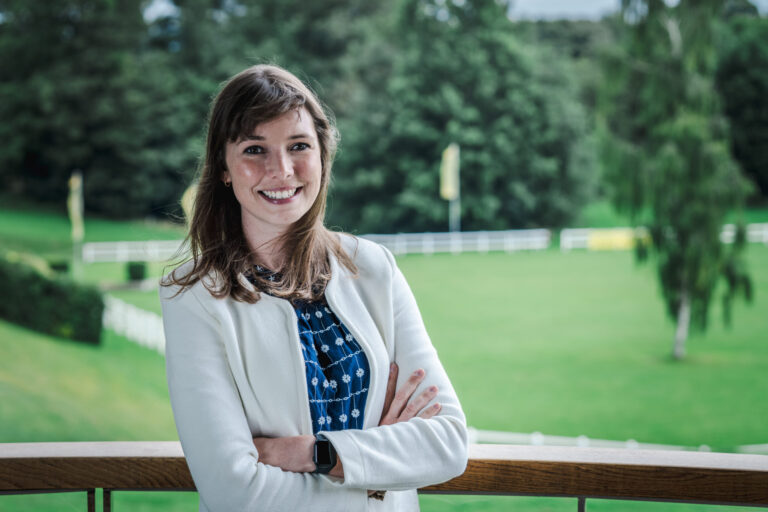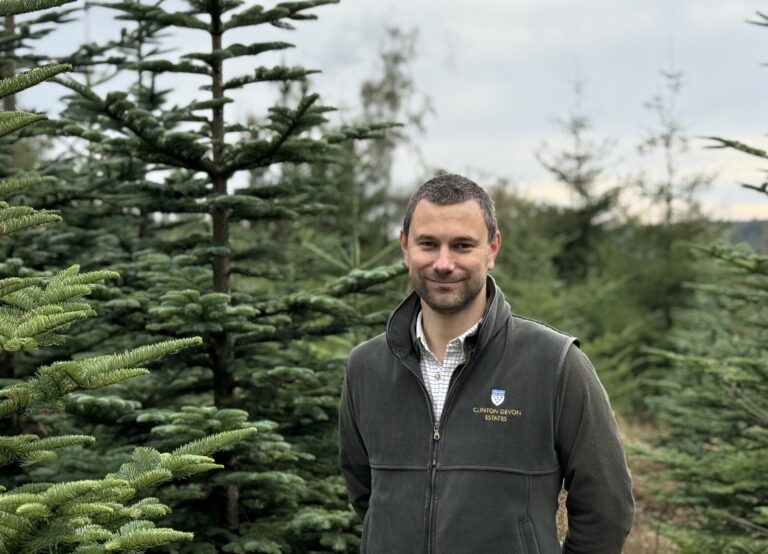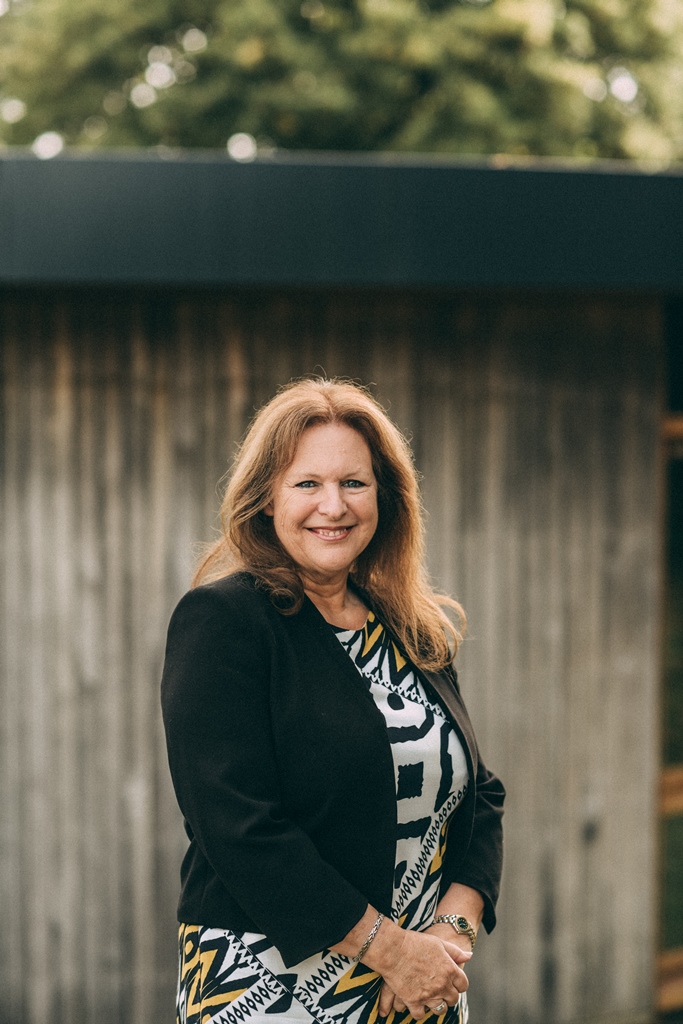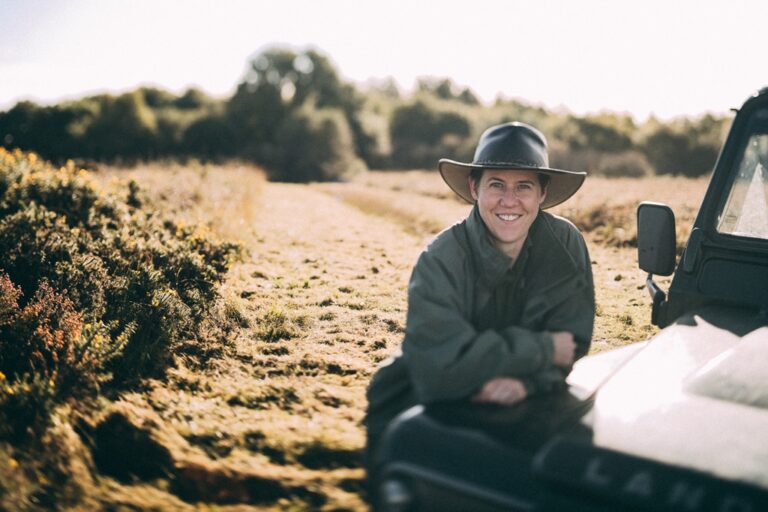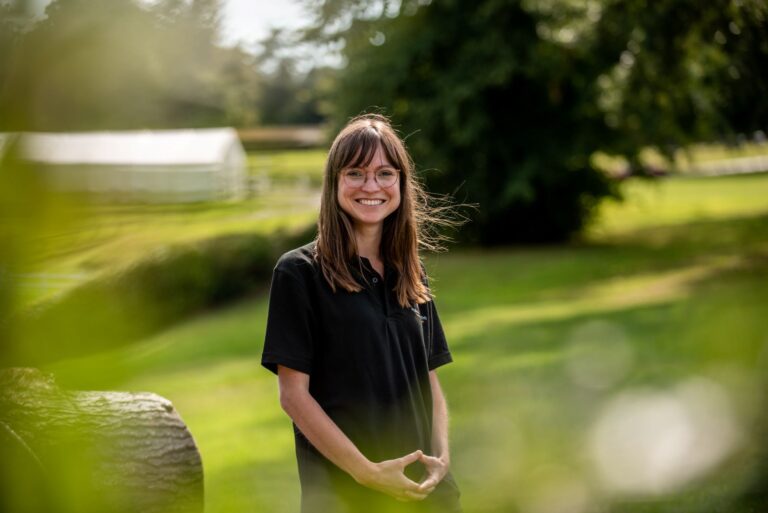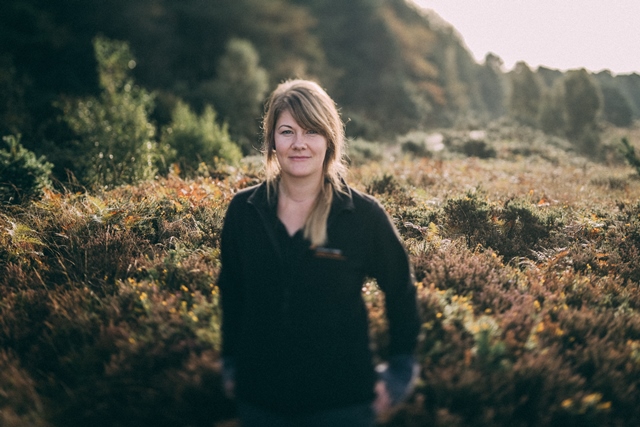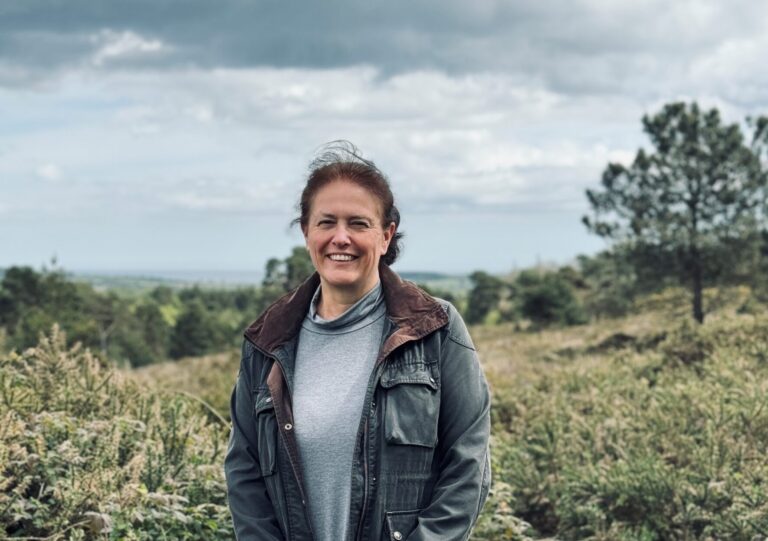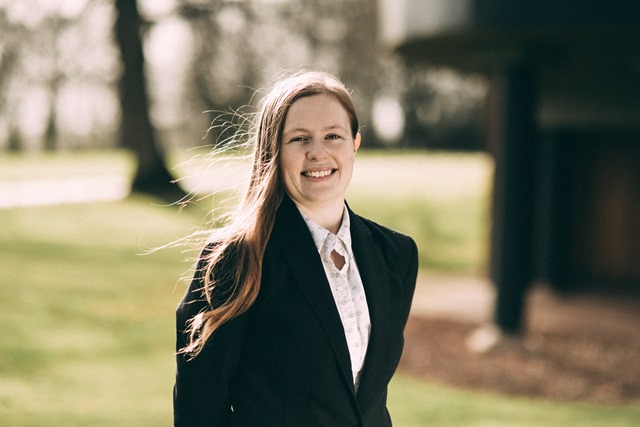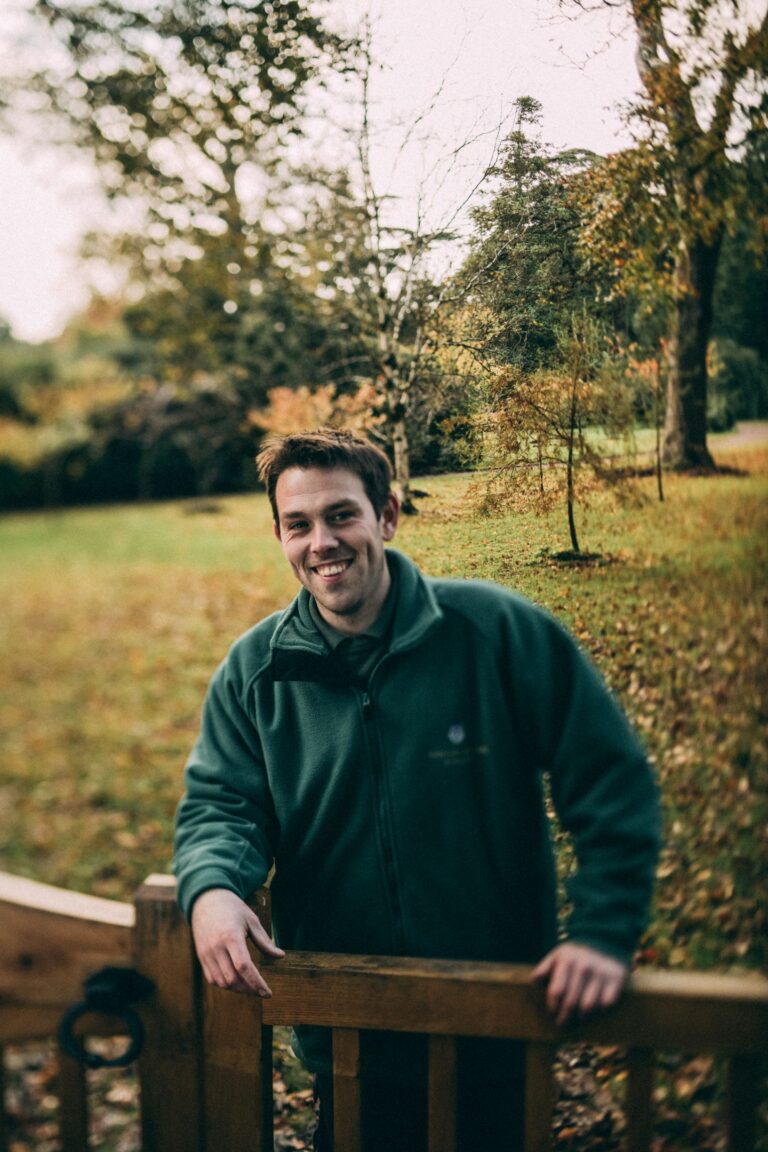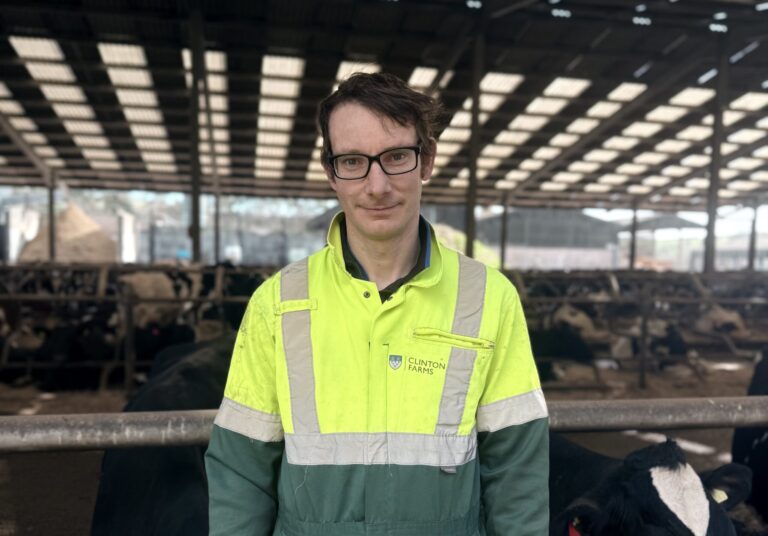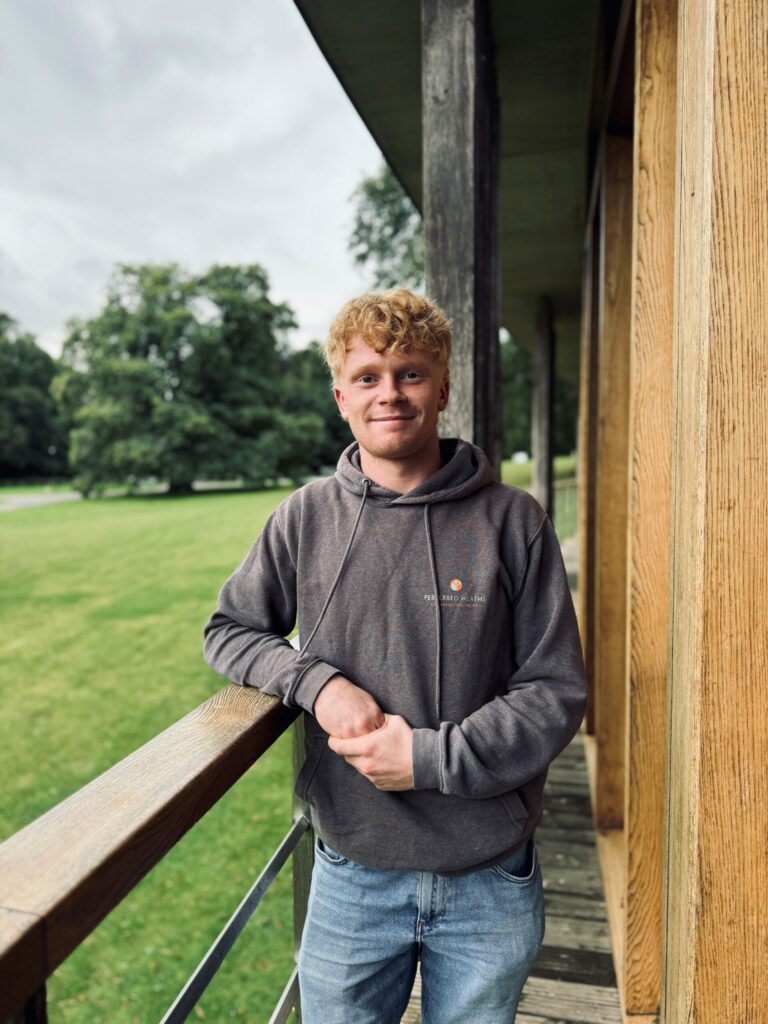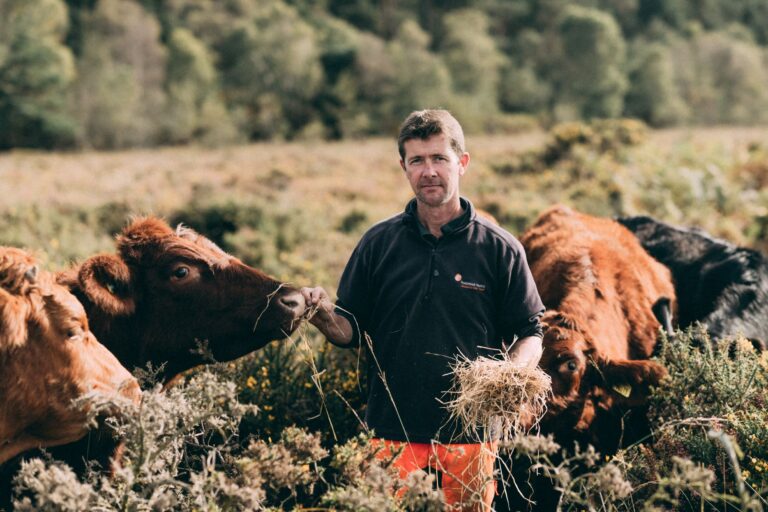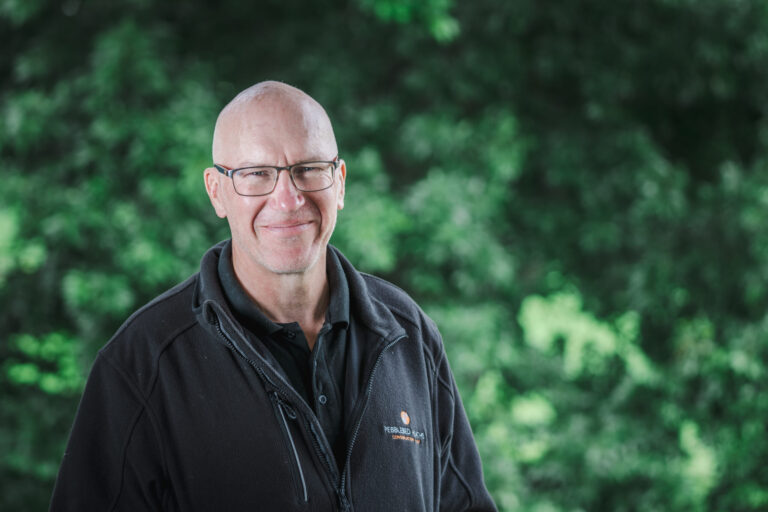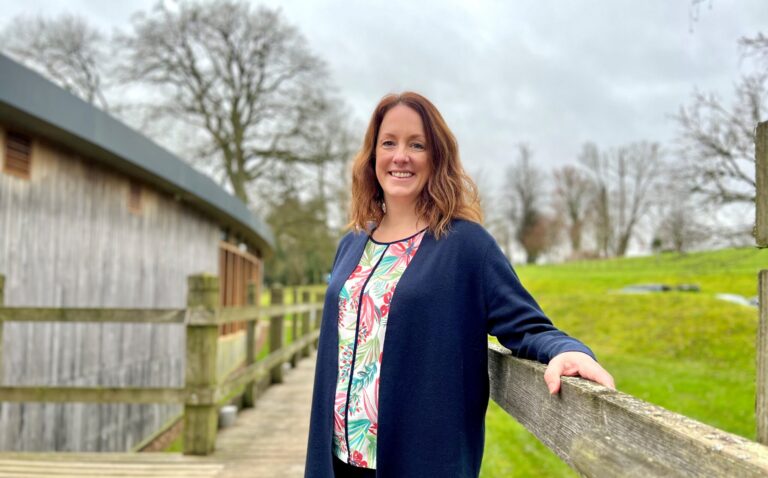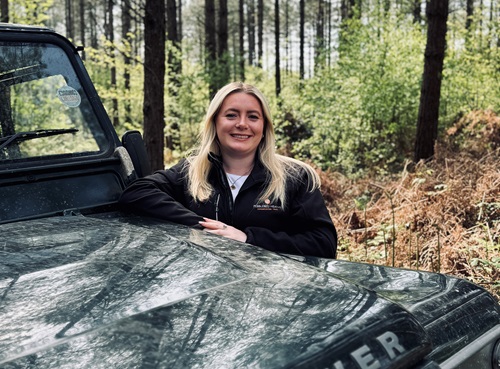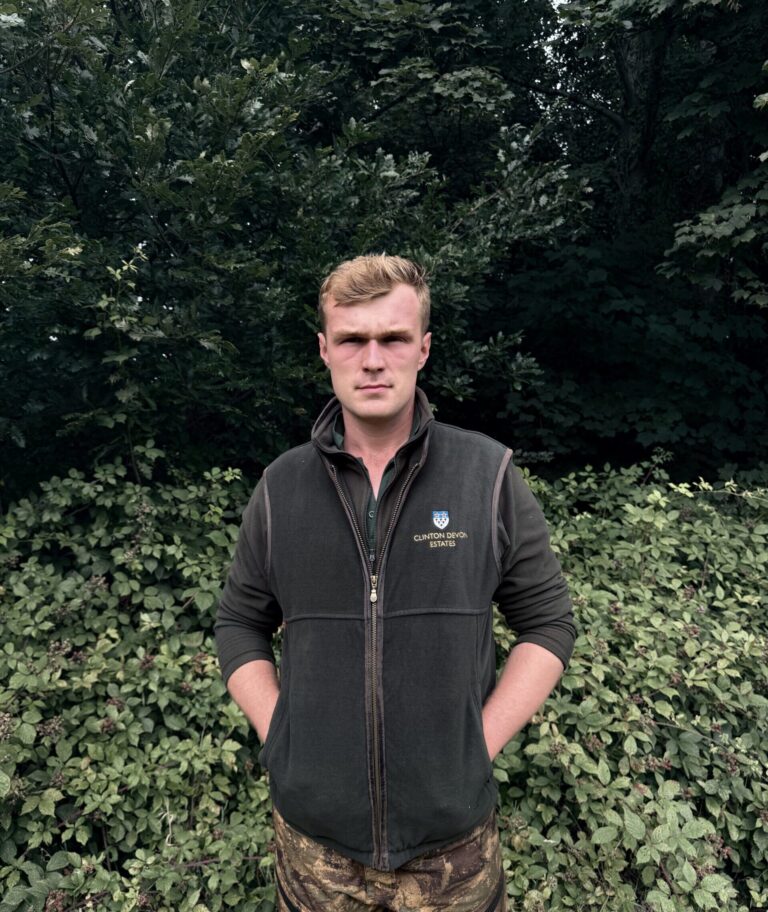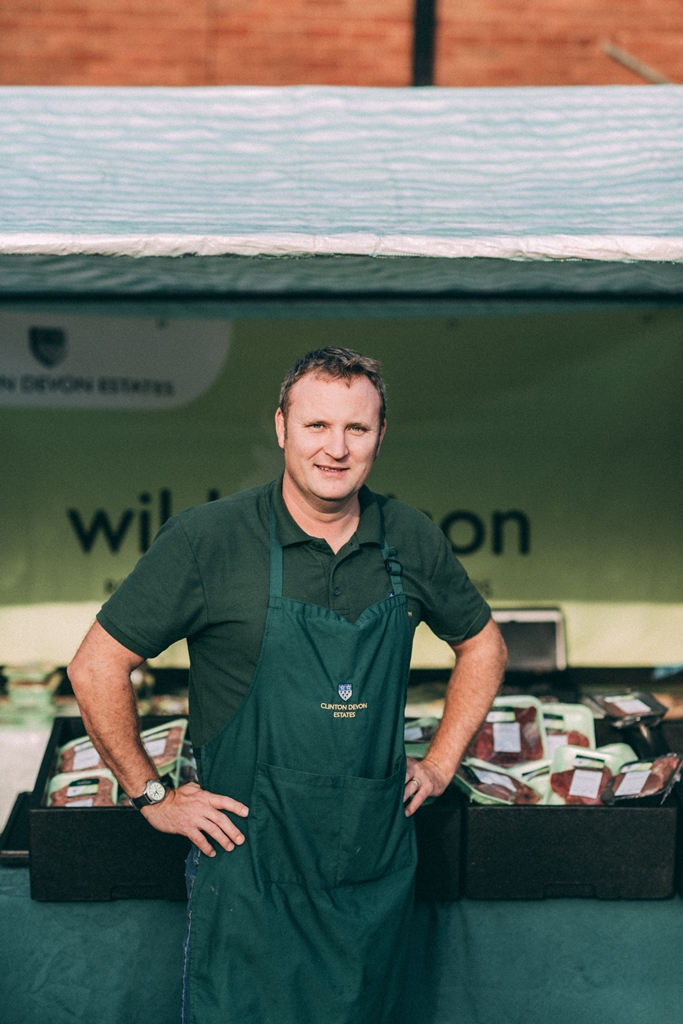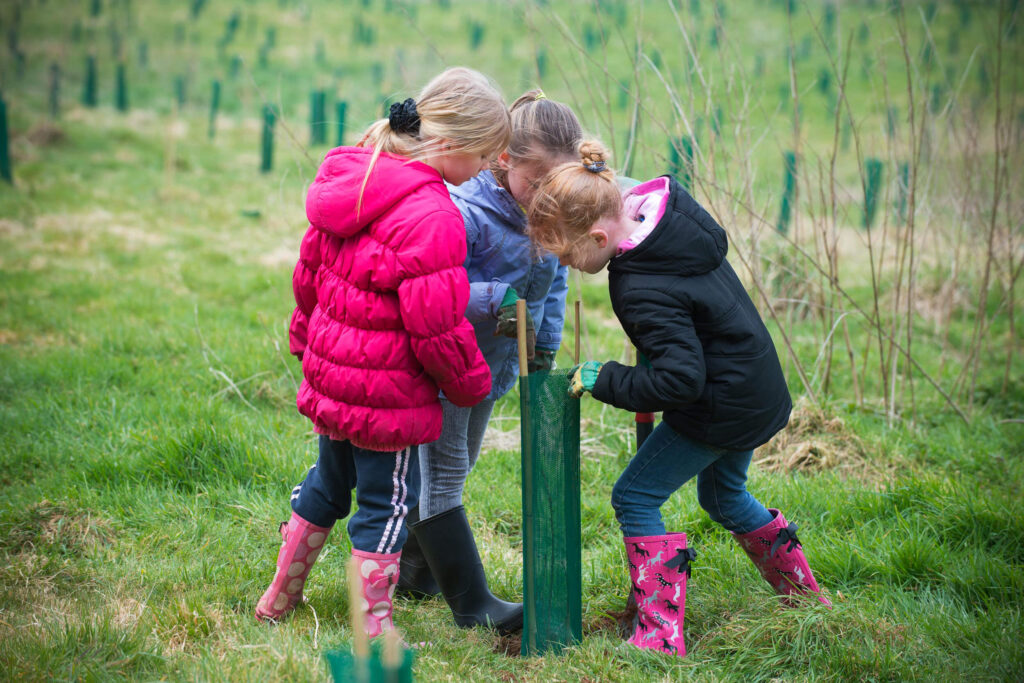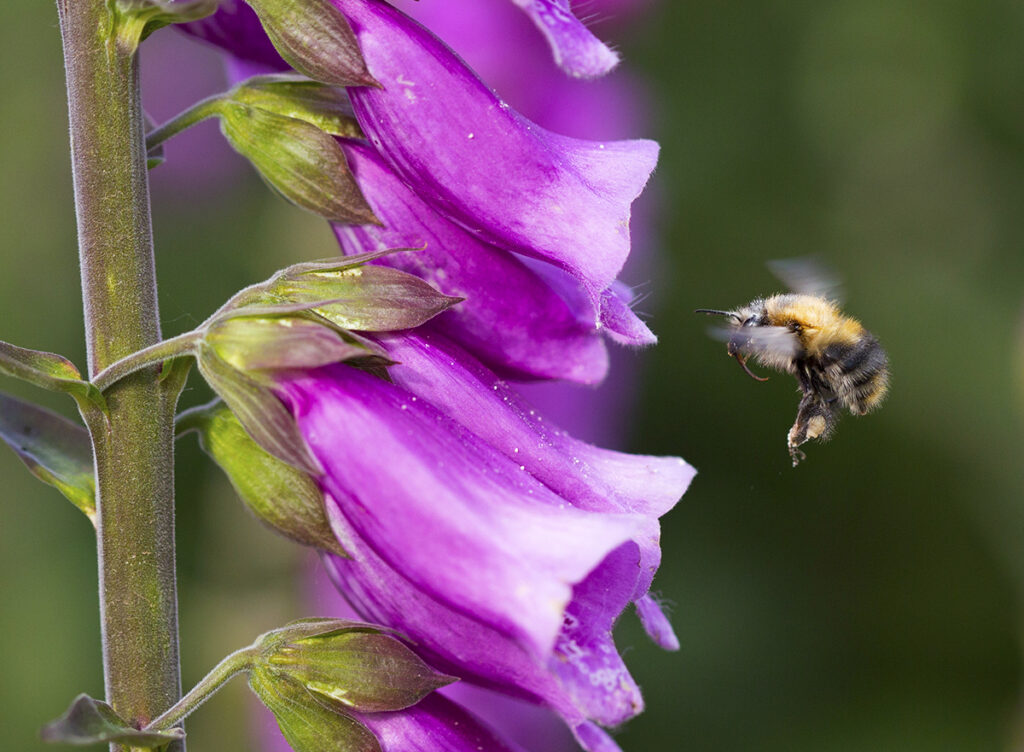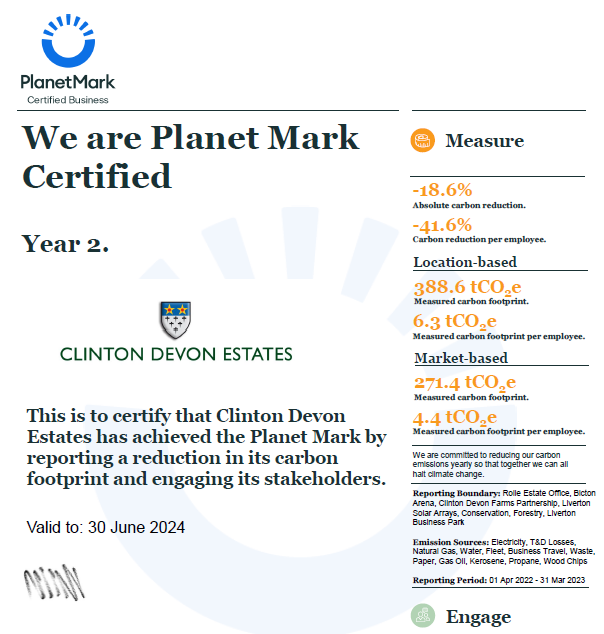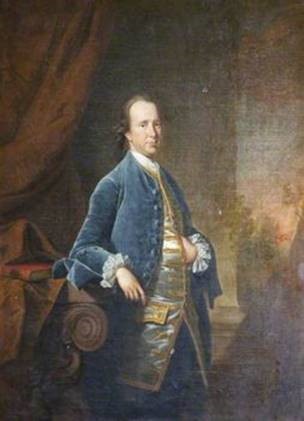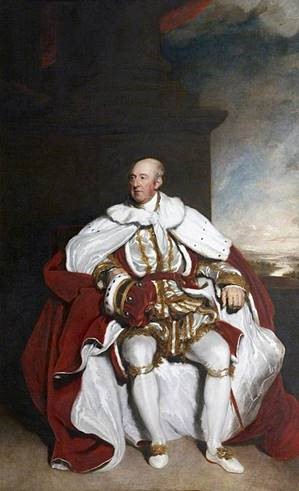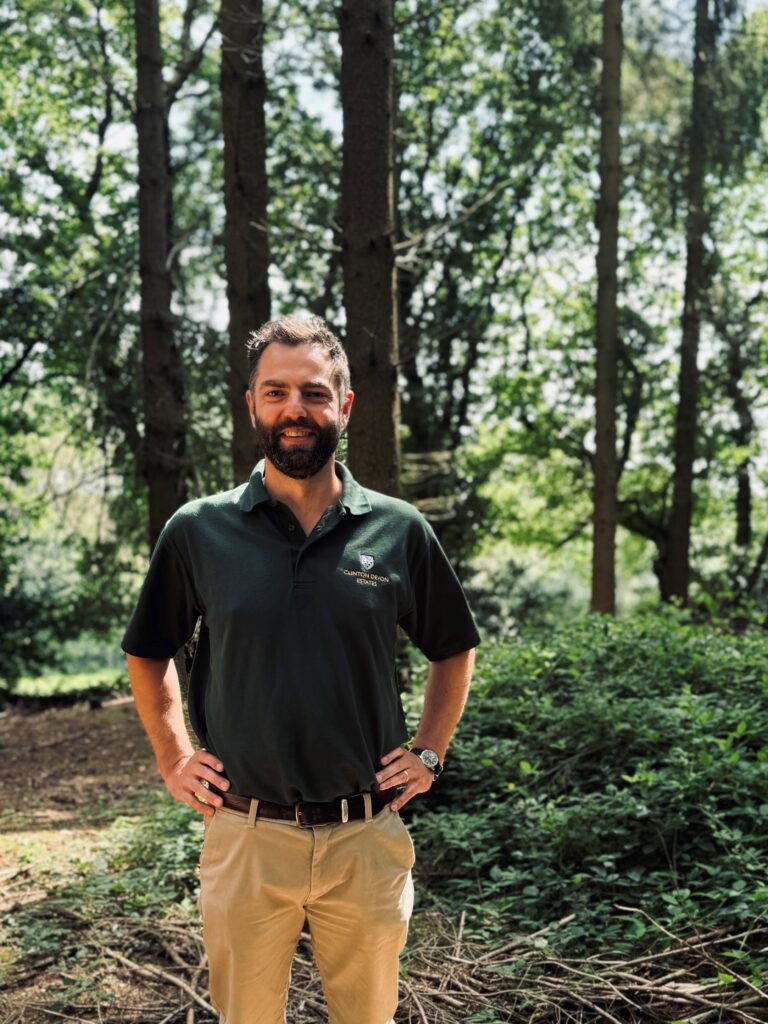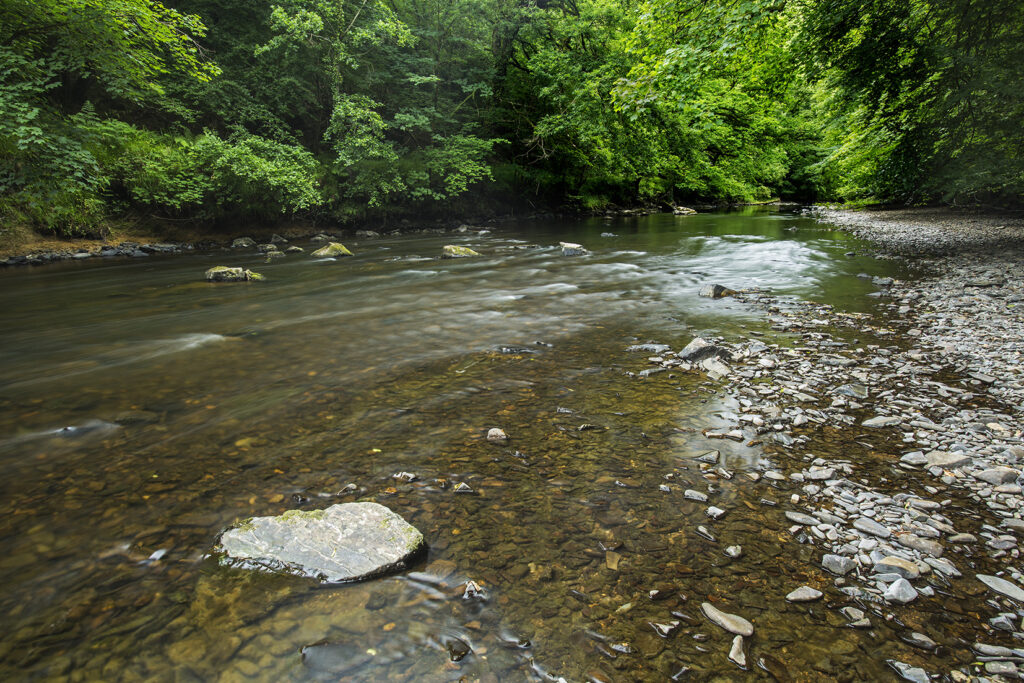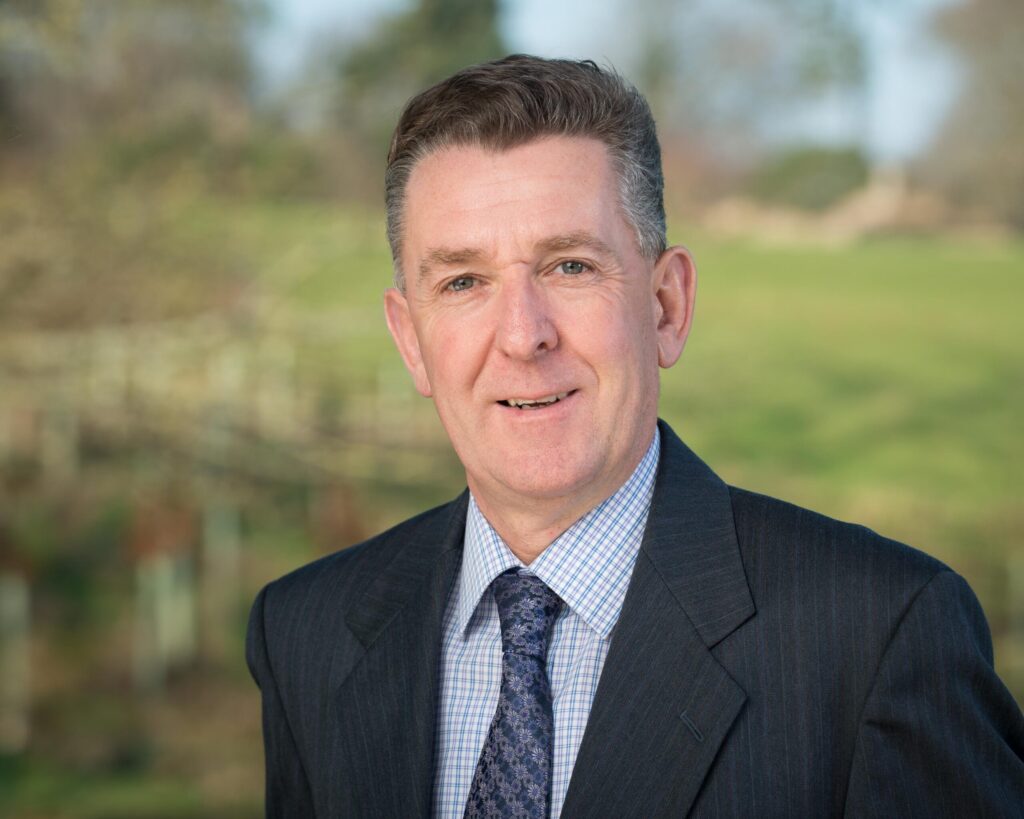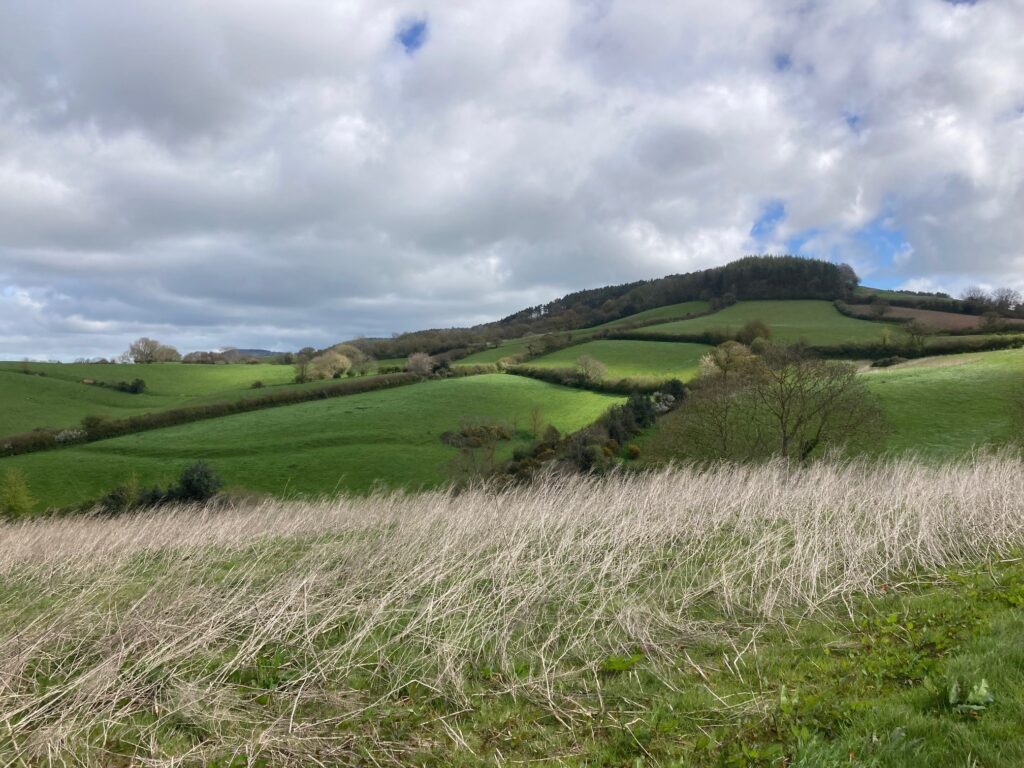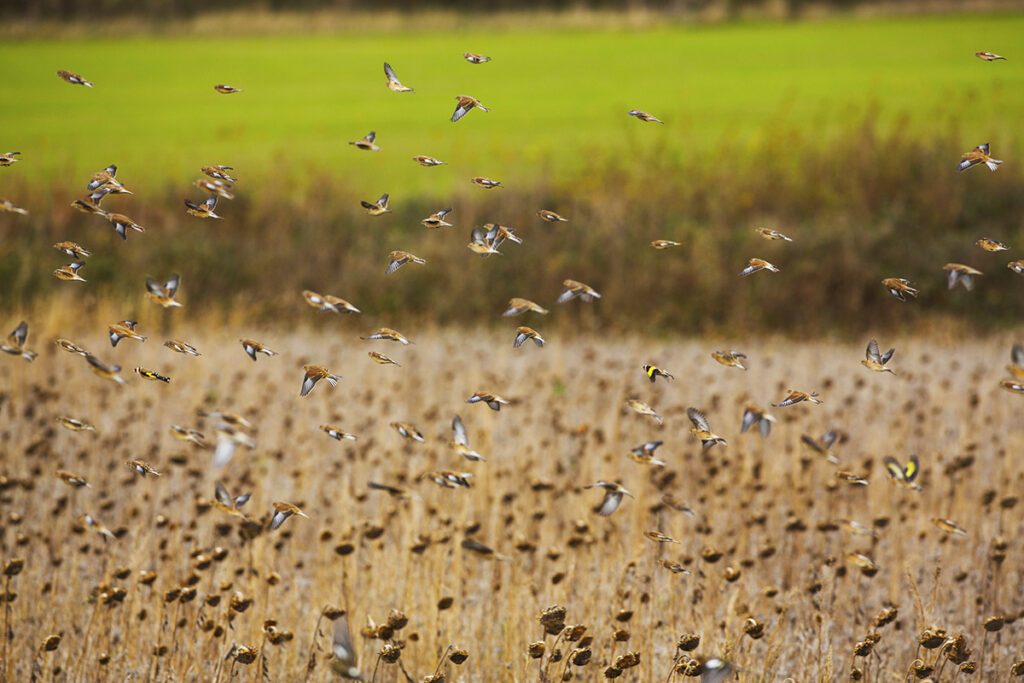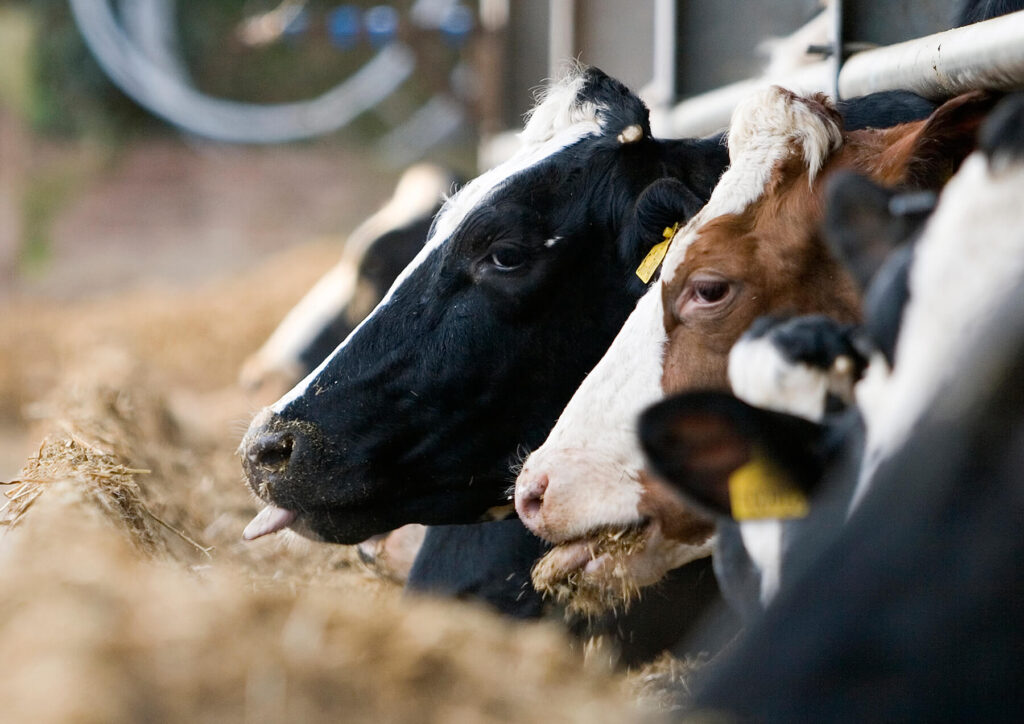About us
Our Strategy
Over 700 years of history Clinton Devon Estates has continually adapted and adjusted in order to remain successful and relevant. This agility is no less relevant in todays’ ever-changing landscape than it was during the Civil War, world wars, industrial revolution or the recent global financial crisis. With so much history it would be easy to look back rather than ahead. The continual evolution of our strategy is critical to keep us focused on the future and to ensure that we meet the wider demands of Society and we are prepared for the challenges and opportunities that lie ahead.
Successful strategies do not sit on shelves but are embeded into the language and behaviours of the organisation, and are communicated and discussed constantly both internally and with our wide range of partners and stakeholders.
Our 2021 Strategy was launched in 2011, building on the successes of the previous ten years. The strategy focused on investing for our future. A future for the Estate, the Clinton family, our employees, tenants and customers, as well as the many communities and stakeholders we engage and work with. A future also for our built and natural environment – which is critical if we are to leave a lasting legacy of which we can be proud.
In an ever changing and challenging political and environmental backdrop sometimes it is easy to forget what makes the Estate and our purpose special and perhaps different to many other businesses. Our new 2030 Estate Strategy will build on the 2021 Strategy and focus on Clarity and Purpose. Ensuring that the ambition, enthusiasm and commitment, which has been the core of our approach, continues in a way which is not only right for today, but also tomorrow.
Everyone, in whatever role, has an important part to play in contributing to the delivery of our 2030 Strategy and living its values and ambition.
Our Team
Our award-winning team are responsible for the sustainable management of the Estates in North and East Devon.
Awards & Accolades
We are proud to have received the following recognition for our work and achievements.
2023/24
Estate measures and reports carbon footprint for the second year
For the second year in a row, the Estate has measured and reported our Scope 1 and 2 operational carbon emissions. Our carbon footprint is externally measured and verified by experts Planet Mark. We made an 18.6% reduction based on our Year 1 footprint, the equivalent to saving 88.4 tonnes CO2e.
2022
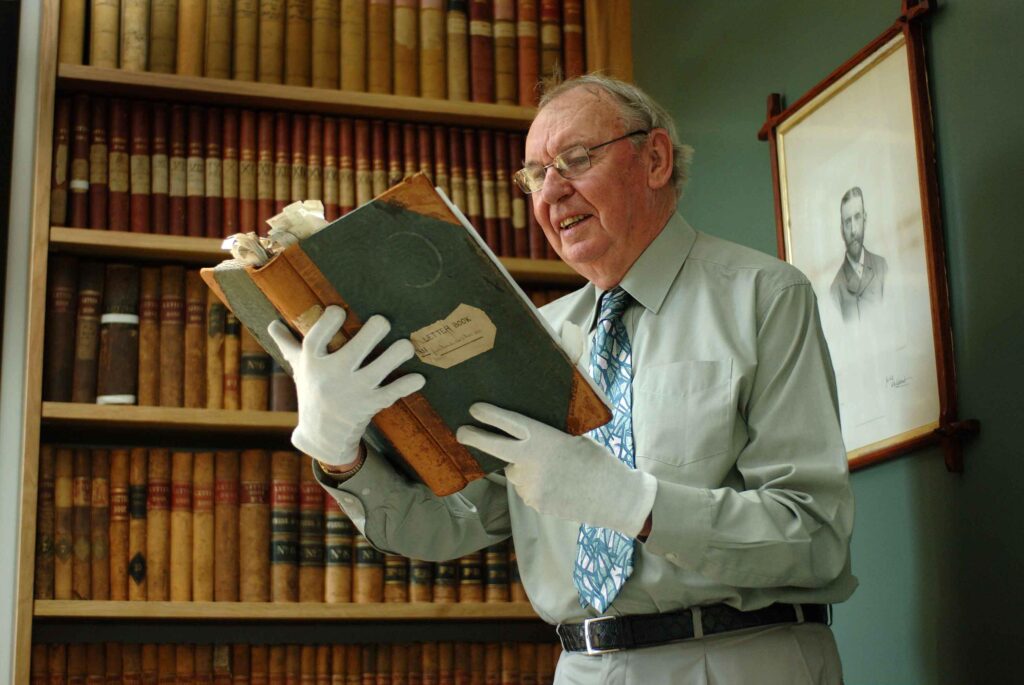
Estate archivist Gerald recognised for 33 year service in queen’s new year honours list
Gerald Millington, 93, from Otterton, has been awarded the British Empire Medal (BEM) for his services to local history in Devon and Hertfordshire following archiving thousands of historic Clinton Devon Estates documents in a career spanning more than thirty years.
2021
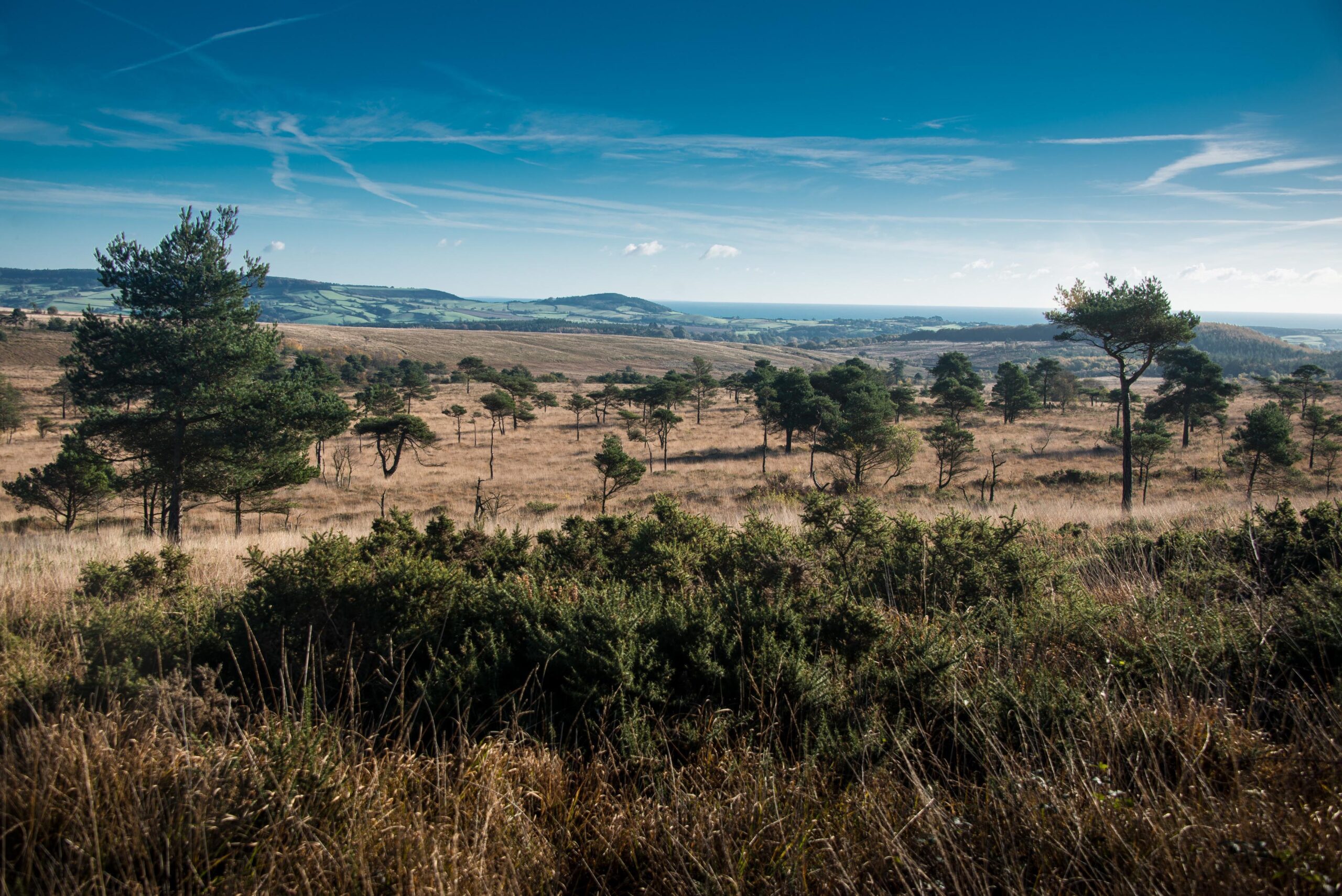
Pebblebed heaths becomes a national nature reserve
The East Devon Pebblebed Heaths has received international acclaim after being presented with the much coveted declaration of National Nature Reserve. Joining the UK’s ‘crown jewels of nature conservation.
2021
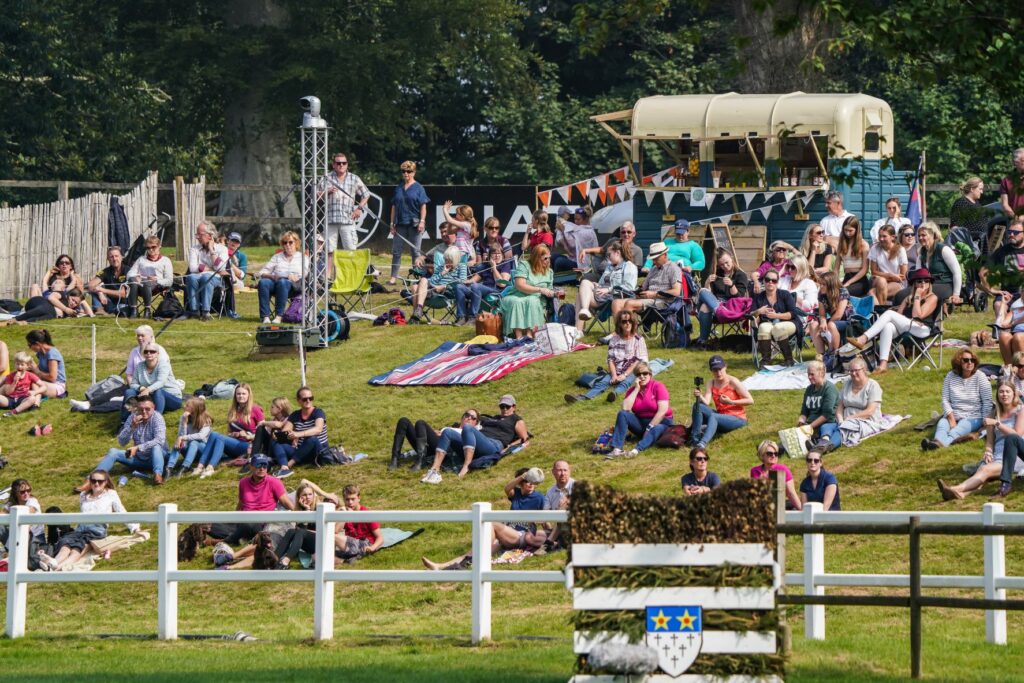
Bicton Arena Engagement
Bicton Arena saw 1 million live stream views of competitions, gained just under 30,000 social media followers and attracted over 189,000 visits to their website.
2019
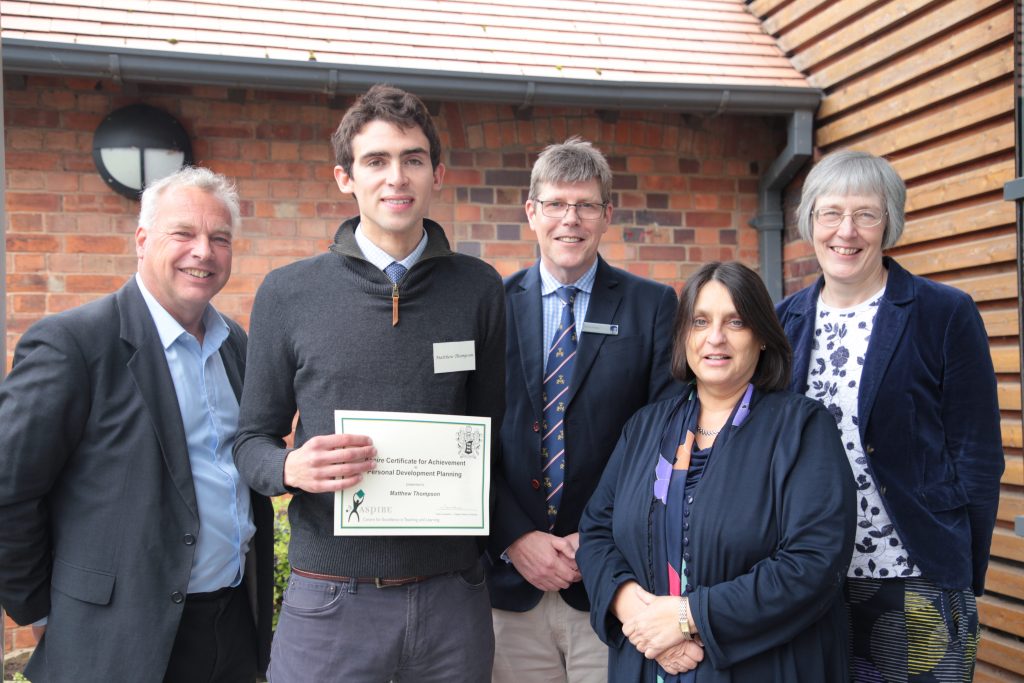
Apprenticeship Success
Trainee Land Agent Matthew Thompson has received a much-deserved award in recognition of his efforts during his placement year. The university has awarded Matthew a coveted Aspire Prize which celebrates students who best demonstrate the development of personal skills in a variety of areas during their placement years.
2018

Bicton Arena named Britain’s top show centre
Bicton Arena was named Britain’s top show centre by Horse & Hound magazine. The accolade followed an online poll by Horse & Hound asking their readers to vote for their favourite show centres across the UK.
2018
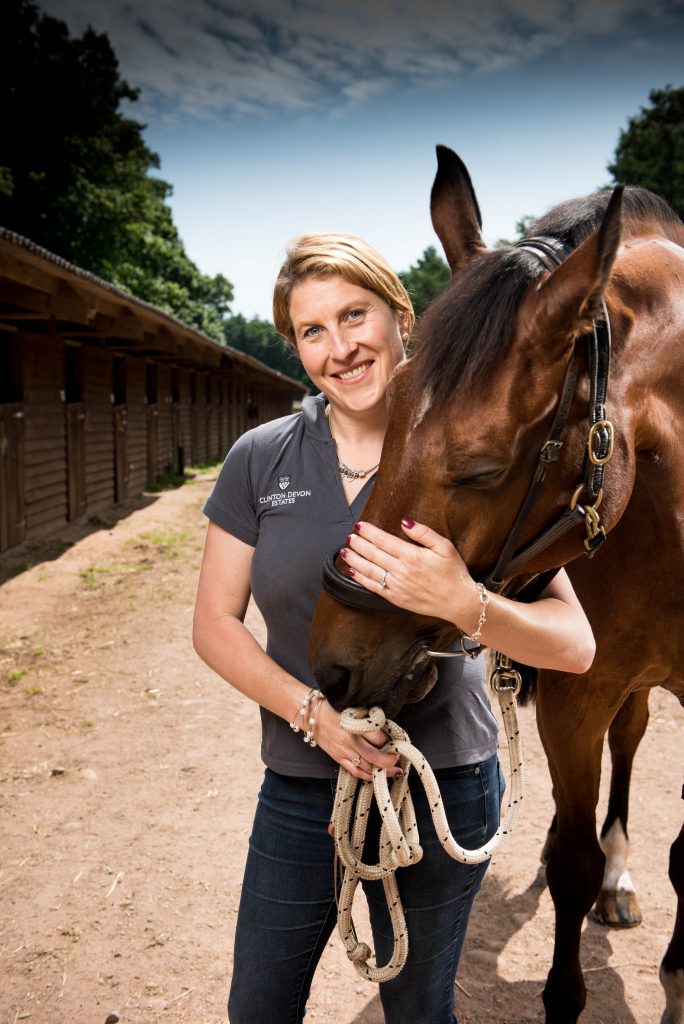
Helen West becomes advanced level cross-country course designer
Helen West, manager of Bicton Arena in East Devon, became an advanced level cross-country course designer – only the second woman in Britain at the time to achieve this standard.
2017
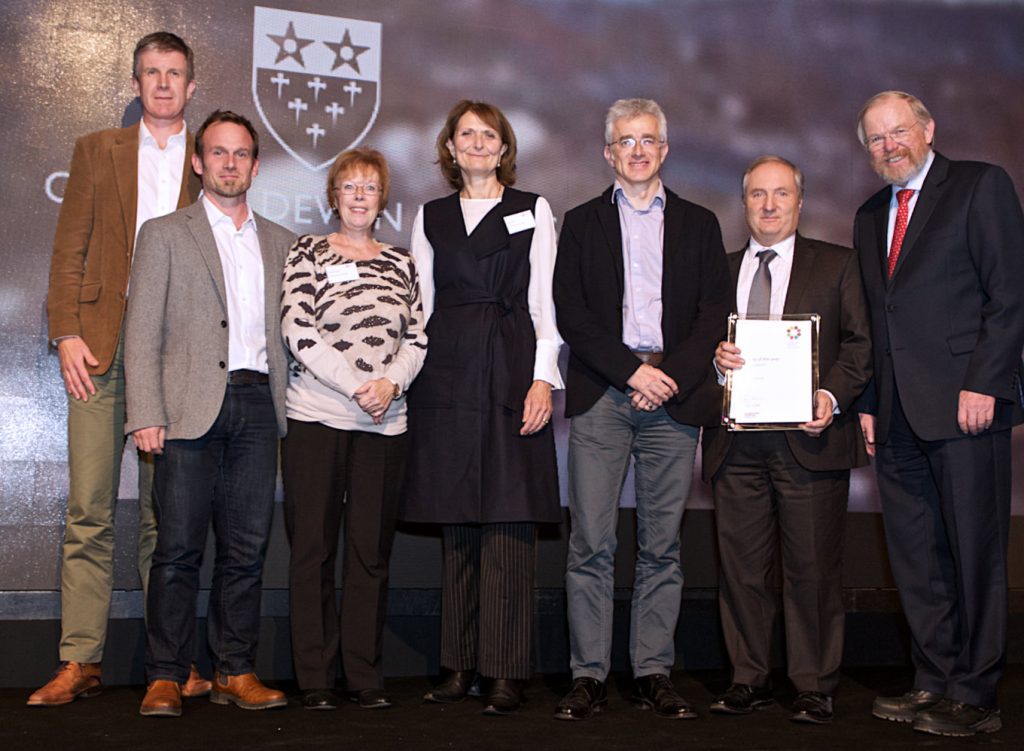
Client of the Year at the Landscape Institute Awards
Clinton Devon Estates was presented with the prestigious Client of the Year Award at the 2017 Landscape Institute Awards, nominated by LHC Design. The award recognises excellence in working with and respecting landscape architecture in our developments.
2017
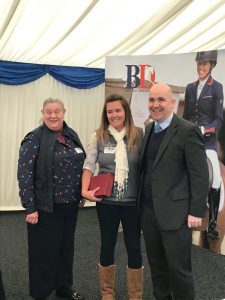
British Dressage Venue of The Year 2017
Bicton Arena was awarded British Dressage Venue of The Year 2017, presented at the BD Organisers Convention held at Warwick Racecourse.
2016
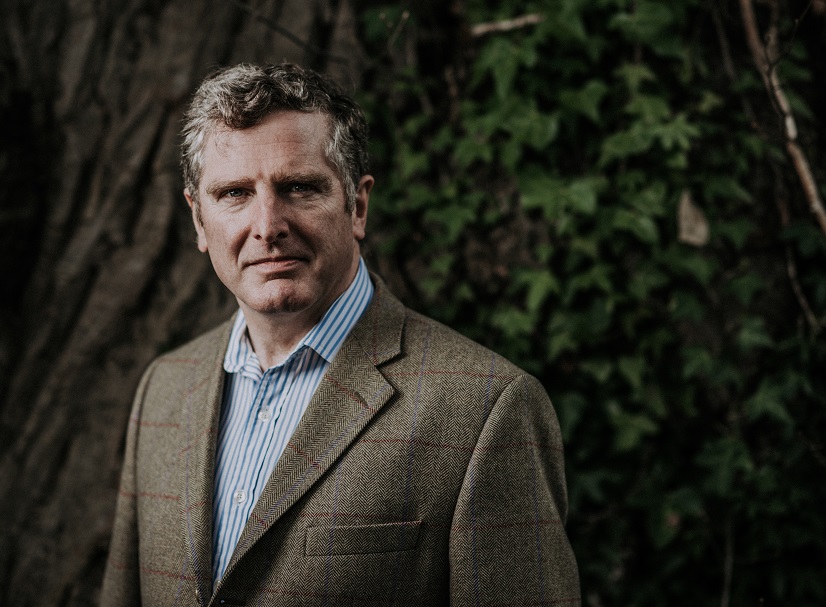
John Varley appointed OBE
John Varley, Estates Director, was appointed OBE in the Queen’s Birthday Honours for services to agriculture, the environment and the rural community.
2015
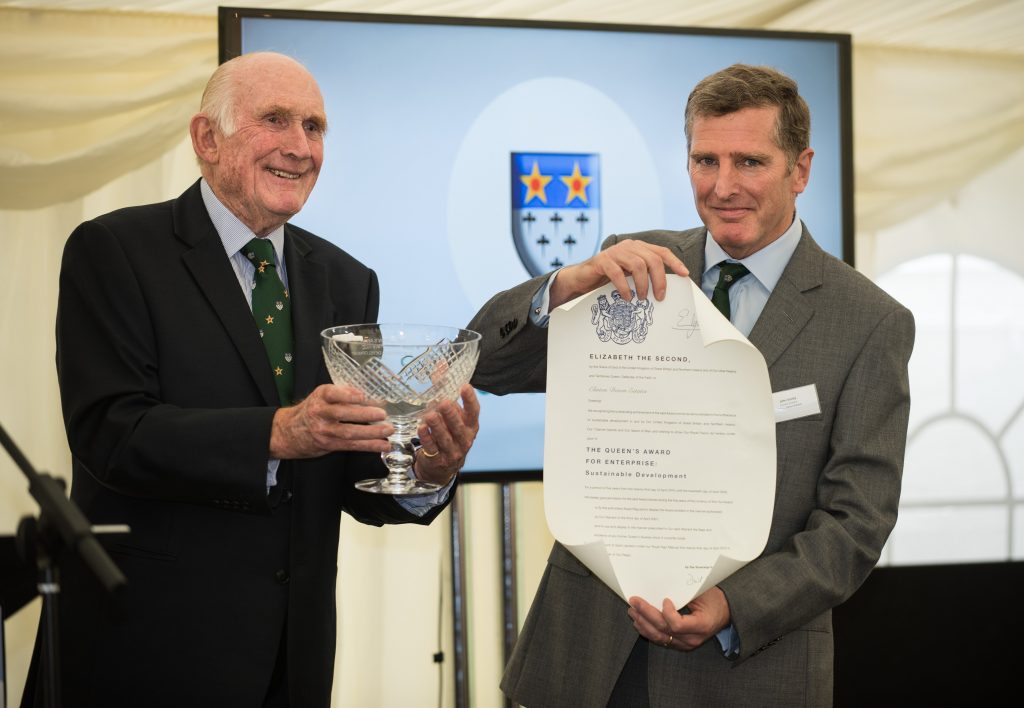
Third Queen’s Award for Enterprise
This award in the category of Sustainable Development, is Clinton Devon Estates’ third consecutive Queen’s Award. It first received the award in 2005, again in 2010 and now holds the 2015 Queens Award for the next five years.
2015

Investors in People
Each year since 2003, Clinton Devon Estates has been accredited as an Investor in People.
2015
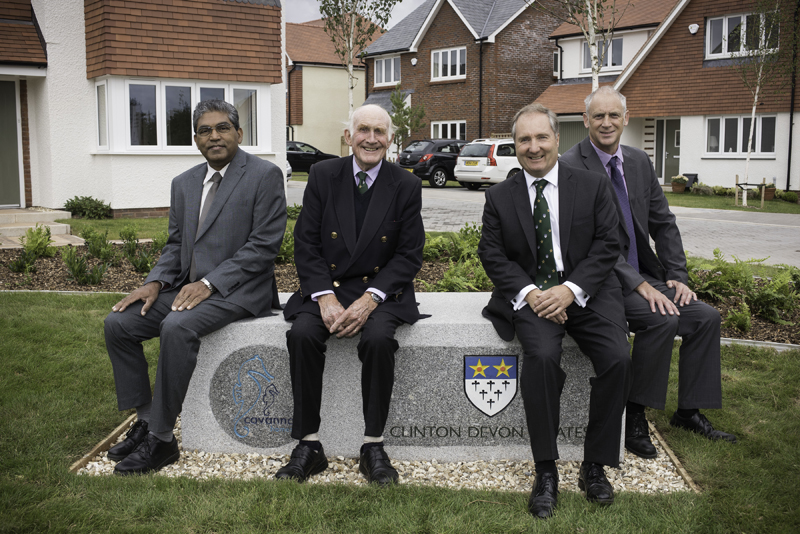
Gold at the national WhatHouse? Awards
“Horizon”, Clinton Devon Estates’ development in Budleigh Salterton, was awarded a Gold at the prestigious WhatHouse? Awards. The joint venture project with Cavanna Homes, and Cornerstone providing the social housing, was named the Best Partnership Scheme in Britain.
2014
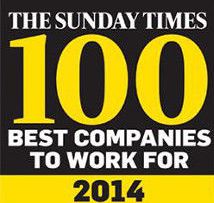
2014 Sunday Times Best Small Companies to Work For
Honoured for the fourth time in the Best 100 Small Companies awards, Clinton Devon Estates.
2012
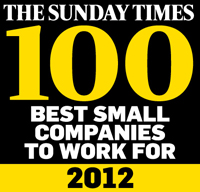
2012 Sunday Times Best Small Companies to Work For
Honoured for the third time in the Best 100 Small Companies awards, Clinton Devon Estates also ranked second for its efforts to protect the environment, and 8th for its contribution to society.
2012
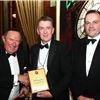
Employer of the Year, 2012 Food and Farming Industry Awards, House of Commons
HR Manager Graham Vanstone received the award on behalf of the Estates, who were said to have stood out as a ‘clear winner’.
2011

John Wilding appointed MBE
John Wilding, Head of Forestry and Environment was appointed MBE in the Queen’s Birthday Honours for outstanding services to the environment.
2010

2010 Queens Award for Enterprise in the category for Sustainable Development
For the second time in five years, Clinton Devon Estates has been presented with the prestigious Queen’s Award for Enterprise in the Sustainable Development category.
2010
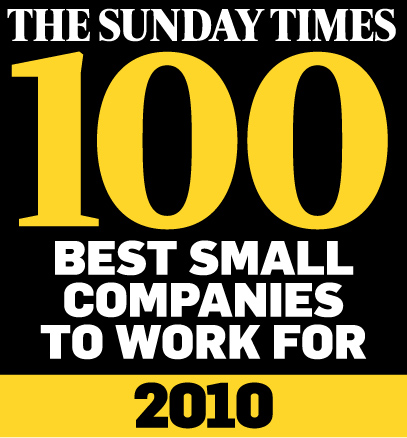
2010 Sunday Times Best Small Companies to Work For
Clinton Devon Estates were ranked 11th in the Sunday Times Best Small Companies to Work For with employees strongly believing the Estate works hard to protect the environment.
2010
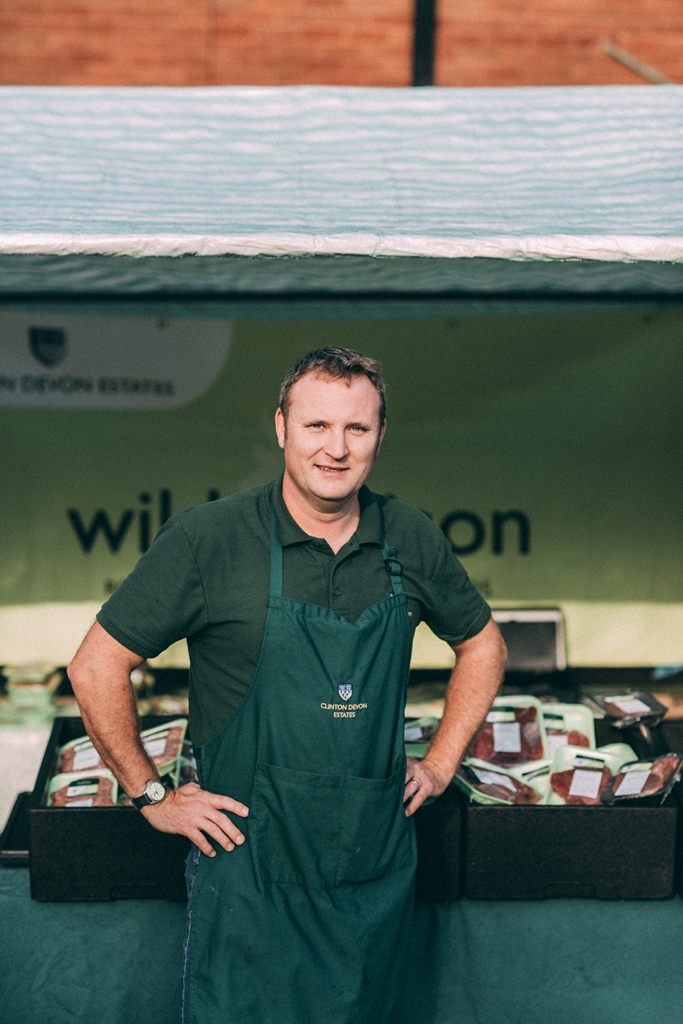
Tom Garner, Estate Ranger – Best Entrepreneur in the Devon Life Food and Drink Awards
Tom was recognised for his Clinton Venison venture; a range of venison cuts and home-made sausages sold at the local Farmers’ Market.
2008

2008 Town and Country Design Awards, Sustainability
For the Rolle Estate Office. (In association with the Royal Institute of British Architects – RIBA).
2008

2008 BCO Awards, Regional Winner, Defining Excellence in Office Space
The British Council for Offices, in association with the Estates Gazette, named the Rolle Estate Office the South West of England and South Wales regional winner.
2008

Eco Building of the Year – Michelmores and Western Morning News
Rolle Estate Office is named winner of the Eco Building of the Year in the 6th annual awards ceremony.
2008

The International Green Apple Awards 2008 for the Built Environment and Architectural Heritage
Rolle Estate Office receives South West regional gold award for the Built Environment and Architectural Heritage.
2008

Innovative Building Design Award Royal Bath & West Show
The award for the Rolle Estate Office was presented to Estates Director John Varley by HRH The Princess Royal.
2008
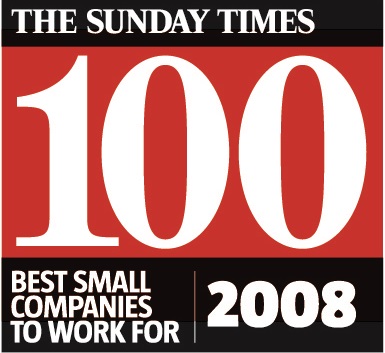
The Sunday Times Best Small Companies to Work For 2008
Clinton Devon Estates is named as one of the best companies to work for in Britain and the very best nationally for its efforts to protect the environment.
2006

Exceptional Commitment to Heritage and Innovation – Coutts 2006 Prize for Family Business
A ‘Special Prize’ was awarded to Clinton Devon Estates in the Southern England and Wales regional final.
2005

Queen’s Award for Enterprise in the category for Sustainable Development
The award is approved by Her Majesty the Queen, on the recommendation of Prime Minister and is the premier national award for business excellence.
2004

MBE for Bungy Williams
On 1 November 2004 Bungy Williams was presented with an MBE for services to the environment.
2002

Top award for South Farm
Presented by Eternit UK, sponsors of the Country Land & Business Association Farm Buildings Award Scheme.
2002

SSSI Awards
Presented by English Nature in recognition of outstanding management of the East Devon Pebblebed Heaths – a Site of Special Scientific Interest.
History
The Clinton Barony originated over seven centuries ago, when King Edward I rewarded John de Clinton for his service in the Scottish and French campaigns, notably his leadership of the Royal Army in the defeat of Scottish forces under William Wallace at the Battle of Falkirk in 1298.
The Clintons have served their country as soldiers, politicians and landowners for generations. A commitment to public duty and service pervades the family history to this day.
The Clinton family has owned and managed land in Devon since 1550. In 1907, with the death of Mark Rolle (who was required to change his surname from Trefusis on inheriting estates from his uncle John, Lord Rolle) much of what had been the Rolle estate was inherited by the 21st Baron Clinton, becoming part of the Clinton Estates.
Today, less than a third of the Rolle estate as it was in the mid-nineteenth century remains in the ownership of Clinton Devon Estates. The main house is now Bicton College, part of Cornwall College; the adjoining park is privately owned by a third party and open to the public (Bicton Gardens). Thousands of acres of what was once Rolle farmland are now owned and managed by local farming families, many of them former tenants.
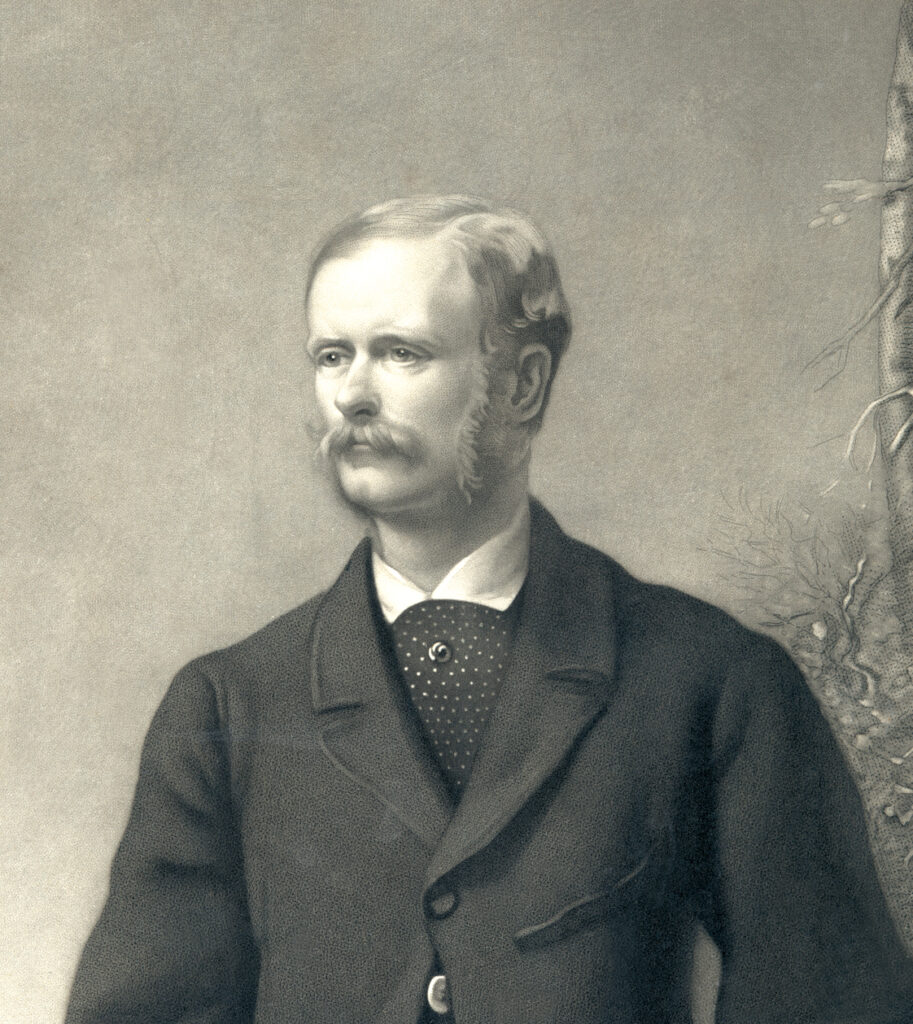
The 22nd, 23rd and 24th generations of the Clinton family continue to take an active part in the stewardship of Clinton Devon Estates, with the support of a professional management team and trustees.
For an overview of seven centuries of history in less than three minutes, please view our animation –

